The Illuminated Reflection Revolution
Mirror with lights have transformed from luxury novelties into essential home fixtures, blending precise illumination with advanced functionality. The North American illuminated mirror market reached $449.61 million in 2024 and is projected to grow to $524.51 million by 2029, reflecting a 3.13% CAGR as consumers prioritise both aesthetics and functionality in personal spaces. This comprehensive guide examines the technical principles, design innovations, and practical benefits behind modern illuminated mirrors.
Core Technologies Powering Illuminated Mirrors
Advanced Optical Engineering
Light Distribution Systems:
Edge-Lit Technology: LED strips positioned along the perimeter bounce light through acrylic light guides, creating uniform illumination without hotspots
Backlit Arrays: Grids of micro-LEDs behind translucent layers provide diffused, shadow-free lighting ideal for makeup application
Hybrid Solutions: Premium models combine both technologies, achieving >95% illumination uniformity across the surface
Colour Quality Metrics:
CRI 95+: High Colour Rendering Index accurately reveals skin tones and makeup colours (vs. 70-80 CRI in standard lighting)
Precision Colour Temperature: 3800K-4300K range balances warm and cool tones to mimic natural daylight—the industry standard for professional grooming environments
Smart Control Systems
Technology Function User Benefit
Capacitive Touch Controls Glass-embedded sensors detect touch . Intuitive brightness adjustment (10%-100%)
PIR Motion Sensors: Infrared detection of movement, Auto-on/off functionality
Ambient Light Sensors Measure surrounding illumination , Automatic brightness calibration
Voice Control Modules, Microphone arrays with NLP processing, Hands-free operation via Alexa/Google Assistant
Implementation Example: Kohler's illuminated mirrors incorporate all four technologies, allowing seamless transition between manual, automated, and voice-controlled operation.
Power and Thermal Management
Electrical Architecture
Low-Voltage Operation: Most residential mirrors use 12V-24V DC systems for safety, converting household 120V AC via hidden transformers
Efficient LED Drivers: Constant-current circuits maintain stable illumination while preventing flicker (PWM frequency >2000Hz)
Battery Backup Systems: Premium models include 2600mAh+ lithium batteries providing 20+ minutes of operation during power outages
Thermal Regulation
Heat Dissipation: Aluminium substrates and thermal pads channel heat away from LEDs, maintaining junction temperatures below 85°C.
Intelligent Thermal Throttling: Microcontrollers reduce brightness automatically when sensors detect overheating
Defogging Technology:
Heating elements (typically 40-60W) embedded behind mirror surfaces
Thermistors maintain surface temperature 5°F-7°F above ambient to prevent condensation
74% reduction in wiping frequency compared to standard mirrors
Installation and Integration Methods
Professional Installation Protocol
1. Electrical Requirements:
Dedicated 20-amp GFCI circuit (NEC 2025 compliance)
In-use waterproof outlet covers within 3 feet of water sources
Proper wire gauging (12 AWG minimum for runs over 50 feet)
2. Mounting Systems:
French Cleat: Heavy-duty aluminium rails for secure 100+ lb mounting
Low-Profile Brackets: Minimalist designs maintain a floating appearance
Adhesive Mounting: 3M VHB tape solutions for tile surfaces (50 lb+ capacity)
3. Calibration Process:
Laser-level alignment to ensure <1° deviation
Lux meter verification of illumination uniformity (target: 800-1200 lux at 24")
Colour temperature validation using spectrophotometers

Functional Applications by Mirror Type
Bathroom Vanity Mirrors
Shadow Elimination: Vertical LED arrays at 60"-65" height provide even facial illumination, eliminating "raccoon eyes" caused by overhead lighting
Steam Resistance: Hydrophobic nano-coatings combined with thermal systems maintain clarity in 100% humidity environments
Ergonomic Positioning: Industry-standard 140-160cm mounting height optimises visibility for 95% of adults.
Cosmetic/Professional Mirrors
Magnification Systems:
5X-15X telescopic lenses with anti-distortion coatings
Aspherical designs eliminate peripheral warping
Smart Lighting Presets:
"Office Lighting" (5000K)
"Evening Event" (3000K)
"Natural Daylight" (4300K)
App Integration: Simplehuman's system recreates lighting environments from user photos (e.g., favourite restaurant lighting)
Smart Health Mirrors
Biometric Sensors:
Spectral analysis for skin hydration measurement
HD cameras with AI analysis for complexion tracking
Medical-Grade Monitoring: Samsung's Beauty Mirror MICRO LED provides dermatological assessments using 780nm infrared scanning
Data Integration: Secure Bluetooth transmission to health apps (Apple Health/Google Fit)
Energy Efficiency and Sustainability
Power Consumption Comparison
Mirror Type Watts Used Annual Cost CO2 Emissions
Traditional Incandescent 60W $28.80 48kg
Fluorescent 18W $8.64 14kg
Standard LED Mirror 12W $5.76 9kg
Premium Smart Mirror 8W $3.84 6kg
Source: ENERGY STAR 2025 Lighting Calculator
Sustainable Materials
Recycled Aluminium Frames: 37% lower carbon footprint vs. virgin materials
Lead-Free Glass: Copper-free silvering solutions eliminating heavy metals
Modular Design: Field-replaceable LED strips and drivers extending product lifespan to 50,000+ hours
Market Trends and Consumer Insights
Adoption Drivers
Space Optimisation: Recessed illuminated mirrors save 18%+ floor space in compact bathrooms
Wellness Prioritisation: 76% of users report improved morning routines after installation
Property Value Enhancement: Homes with premium illuminated mirrors sell for 2.1% more (Zillow 2025)
Regional Preferences
Region Dominant Style Technical Requirements
Northeast US Heated anti-fog mirrors , Freeze-resistant wiring
Southwest US High-lumen models Calcium-resistant coatings
Coastal Areas Corrosion-proof builds Salt-air tolerant materials
Urban Centers Smart connected mirrors Seamless WiFi integration
Future Innovations (2026-2028)
Emerging Technologies
1. Holographic Interfaces: Laser-projected controls floating in front of mirror surfaces
2. Adaptive Wellness Lighting: Circadian-rhythm syncing that adjusts colour temperature throughout the day
3. Self-Repairing Coatings: Nanomaterial surfaces that heal minor scratches when heated
4. Wireless Power: Qi-like inductive charging, eliminating all visible wiring
Market Projections
Global smart mirror market to reach $9.08 billion by 2031 (10.4% CAGR)
Health-monitoring features expected in 45% of premium models by 2027
Commercial sector (hotels/spas) projected at 12.7% growth through 2027
Professional Selection Guide
Technical Specification Checklist
Illumination Quality: CRI ≥95, 800-1200 lux output
Safety Certifications: UL 962 compliance, IP44 water resistance rating
Smart Features: Bluetooth 5.3+, WiFi 6E compatibility
Warranty: Minimum 5-year coverage on LEDs, 2 years on electronics
Price-Performance Tiers
Tier Price Range Recommended Models
Entry-Level $150-$350 IKEA Hovnäs, AOSMAY Basic
Mid-Range $400-$900 Simplehuman Sensor Mirror, Kohler Verdera
Premium $1,000-$2,500 Samsung Beauty Mirror, Lutron Palladiom
Conclusion: The Science of Enhanced Reflection
Mirrors with lights represent the seamless integration of optical physics, electrical engineering, and human-centred design. Their sophisticated functionality—from precision shadow elimination to AI-powered health monitoring—transforms daily rituals while delivering measurable energy savings of 83% compared to traditional lighting. As the market evolves toward increasingly intelligent systems, these illuminated fixtures will become central to the connected home ecosystem, combining practical utility with aesthetic enhancement in every reflection.
Sources & Citations:
1. National Kitchen & Bath Association: 2025 Bathroom Design Trends Report
2. ENERGY STAR: Residential Lighting Efficiency Standards
3. Underwriters Laboratories: UL 962 Safety Standard for Household Mirrors
4. Illuminating Engineering Society: Recommended Practice for Bathroom Lighting
5. Mordor Intelligence: North American Illuminated Mirrors Market Analysis
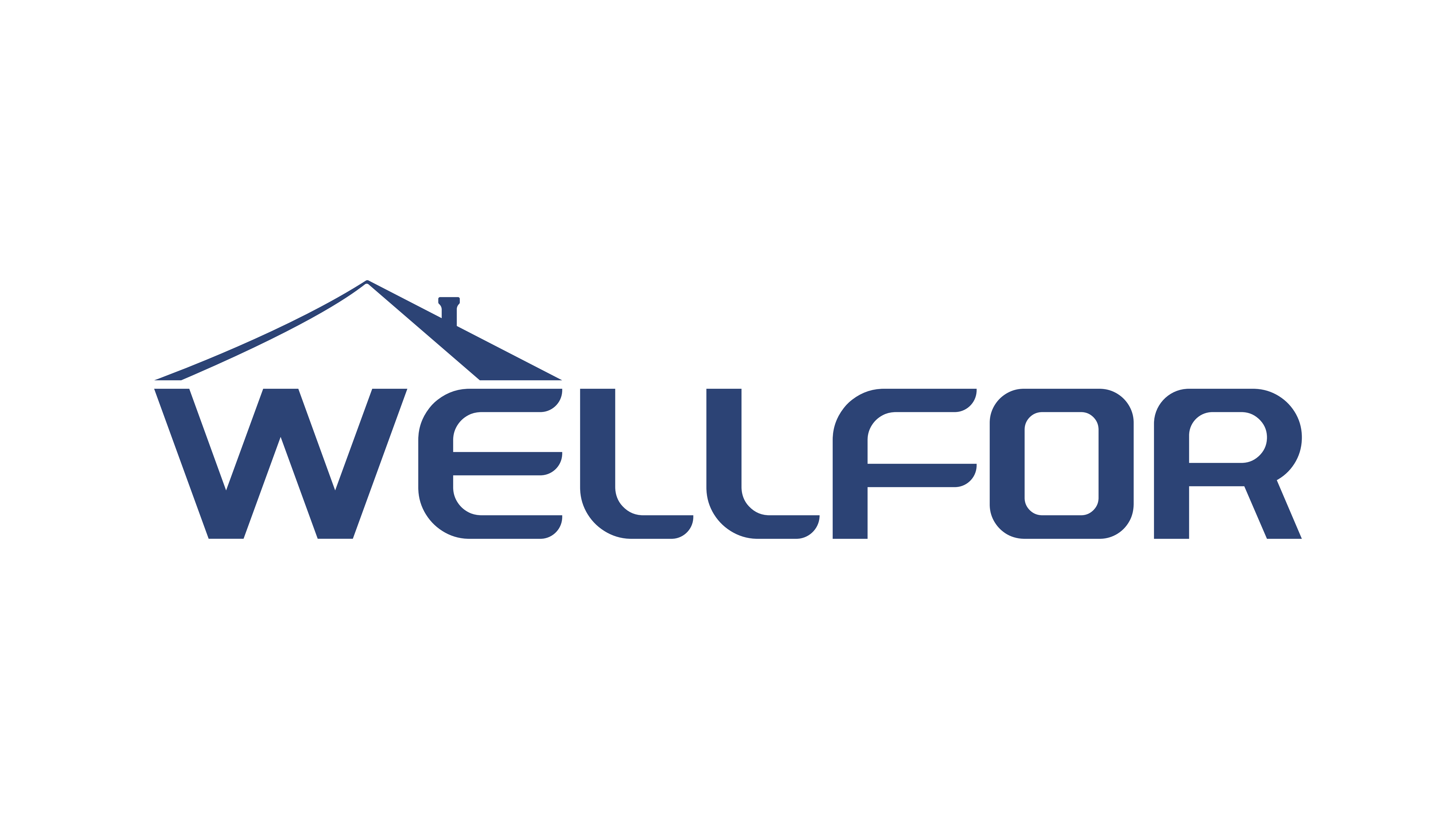
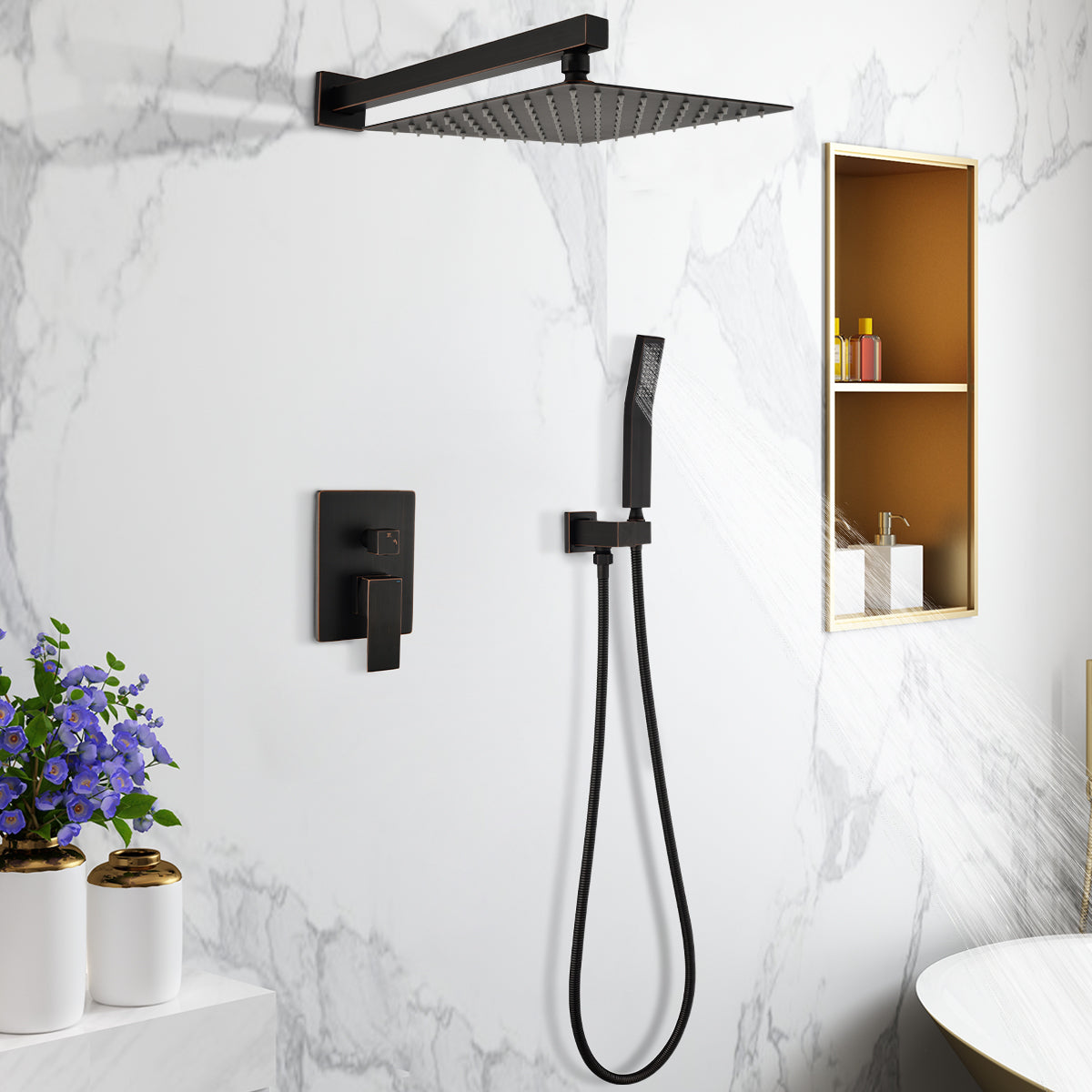
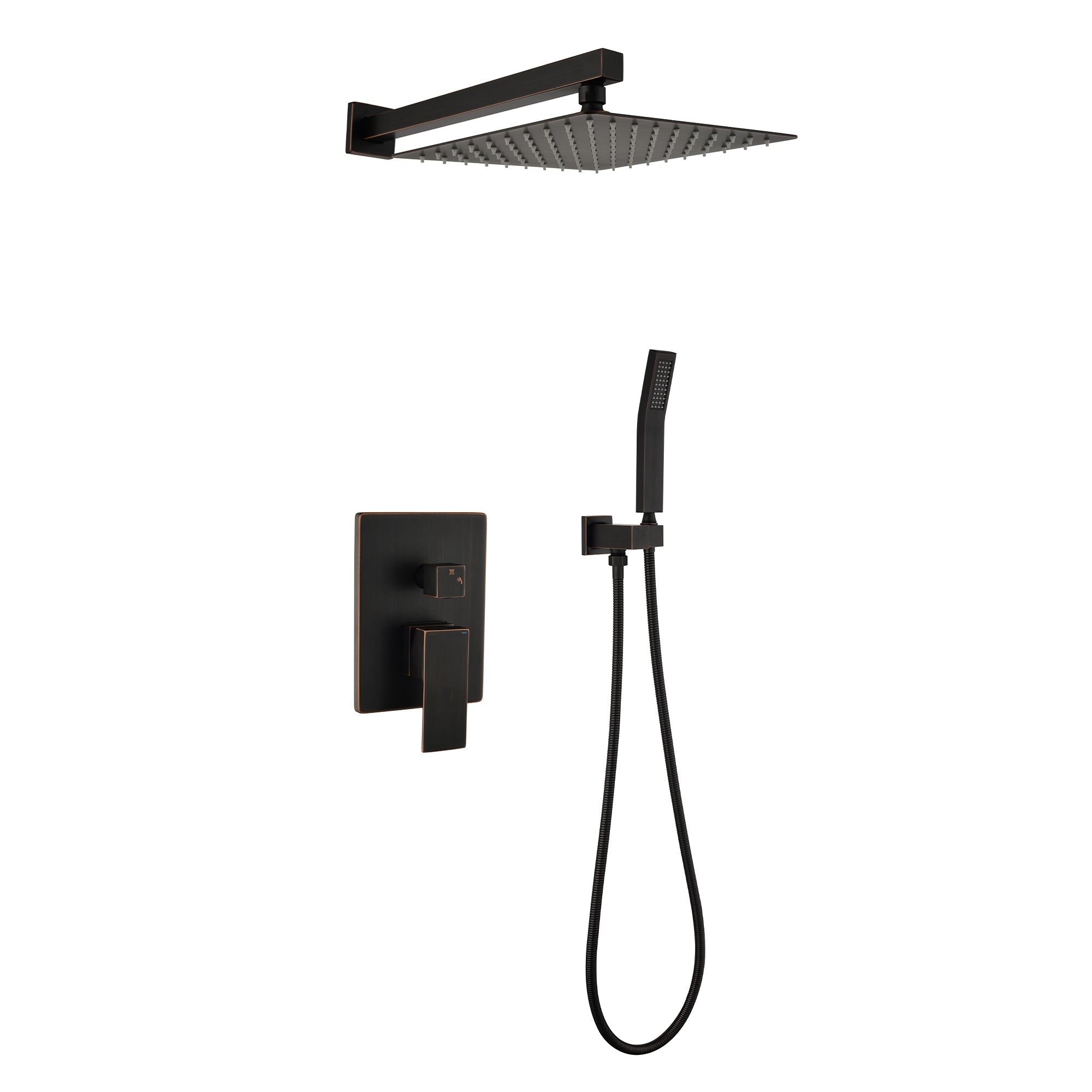


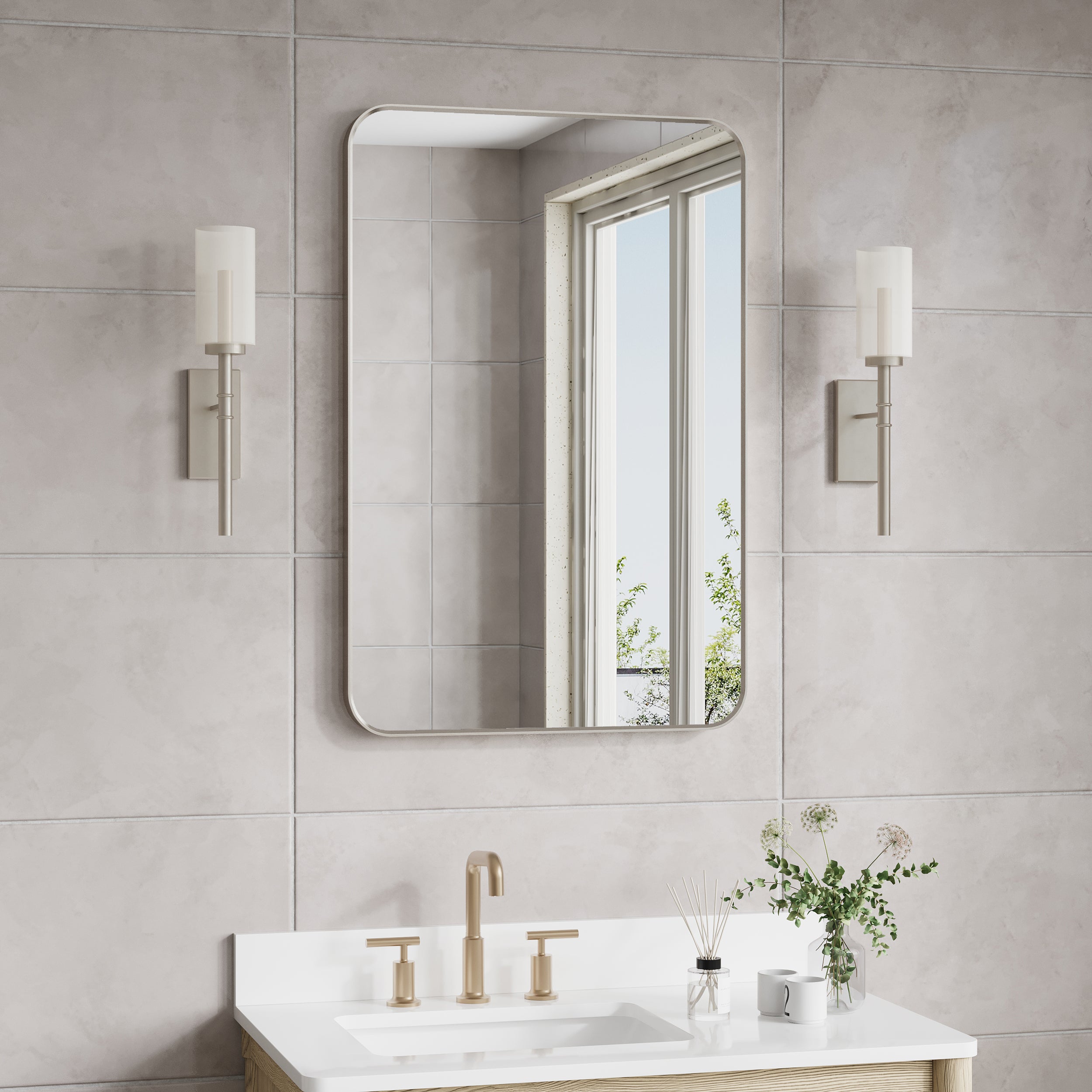
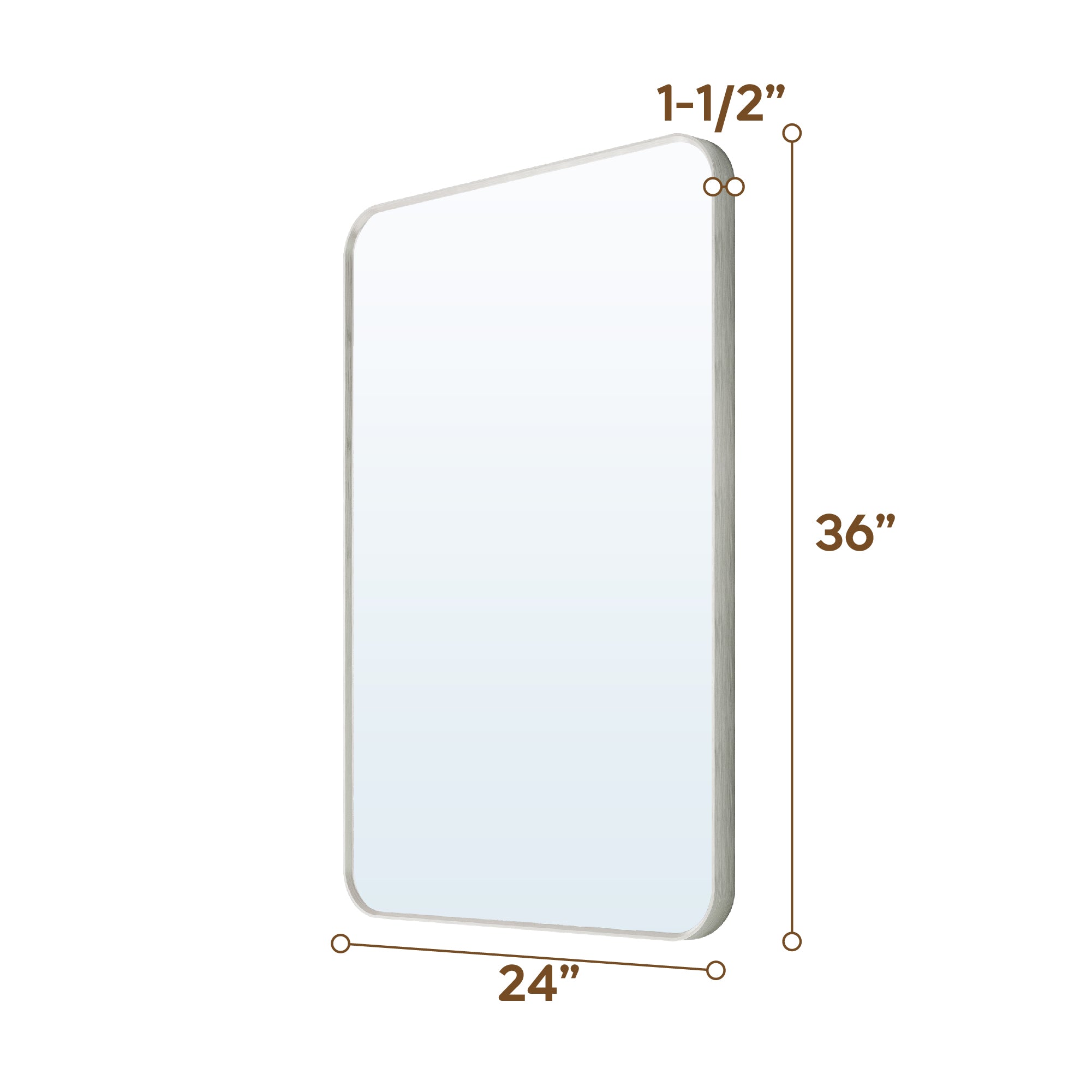
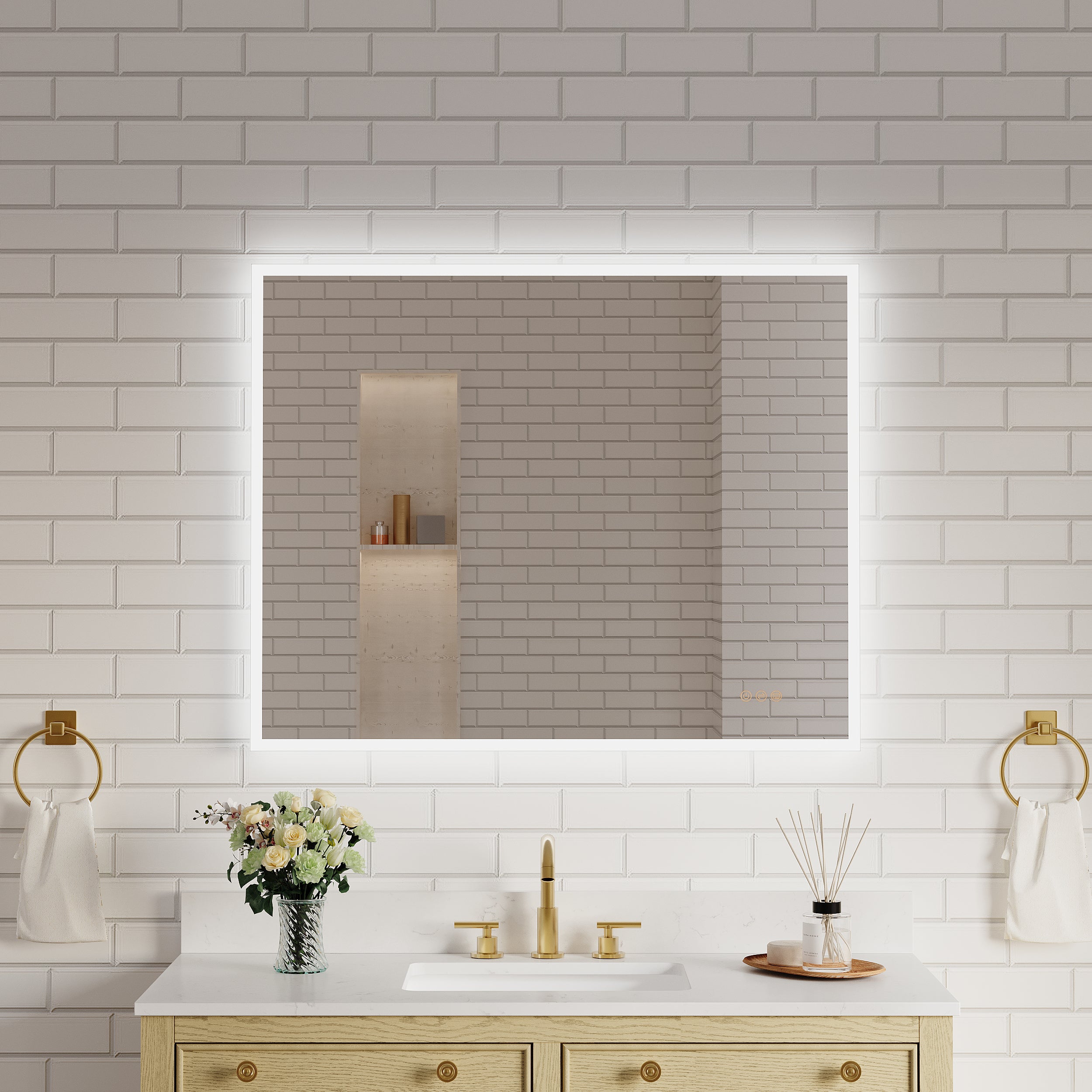
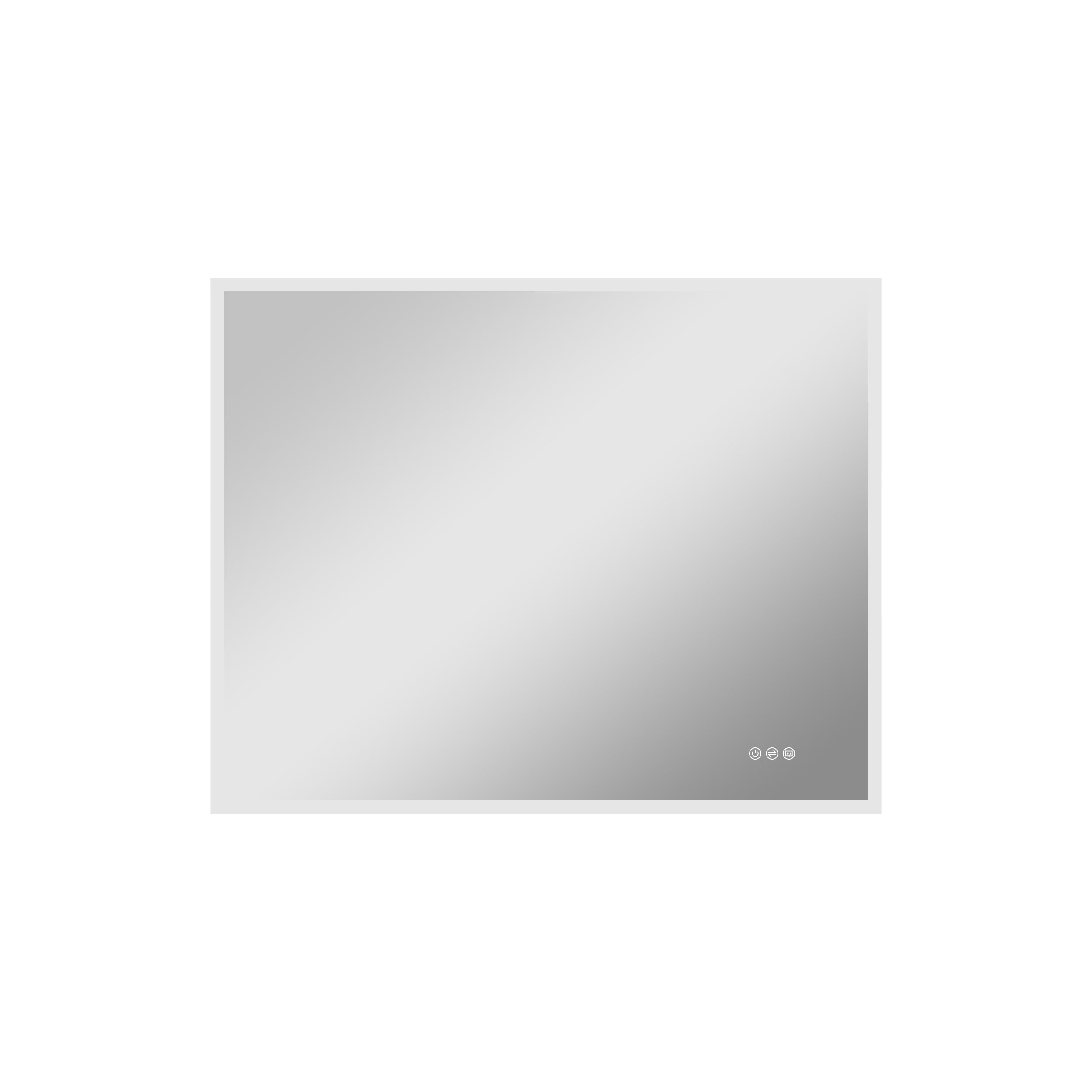

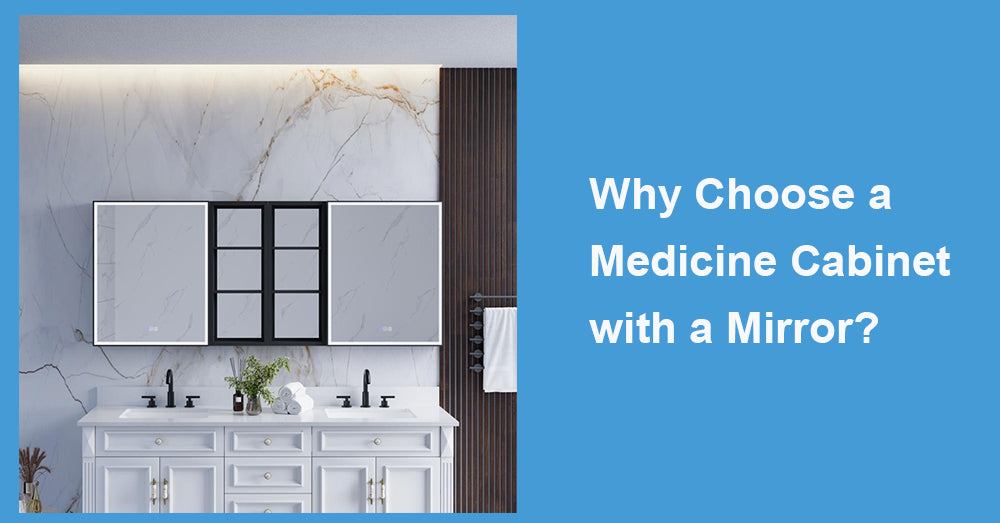
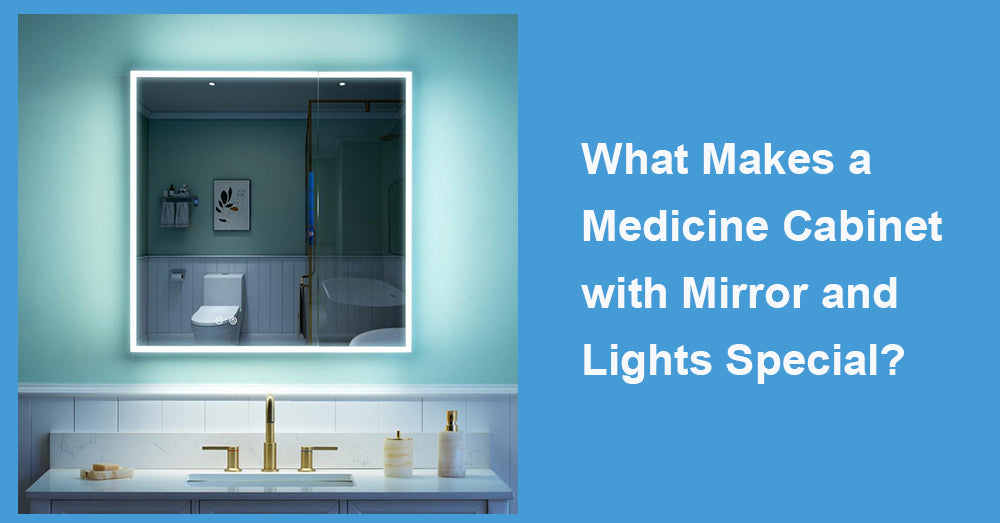
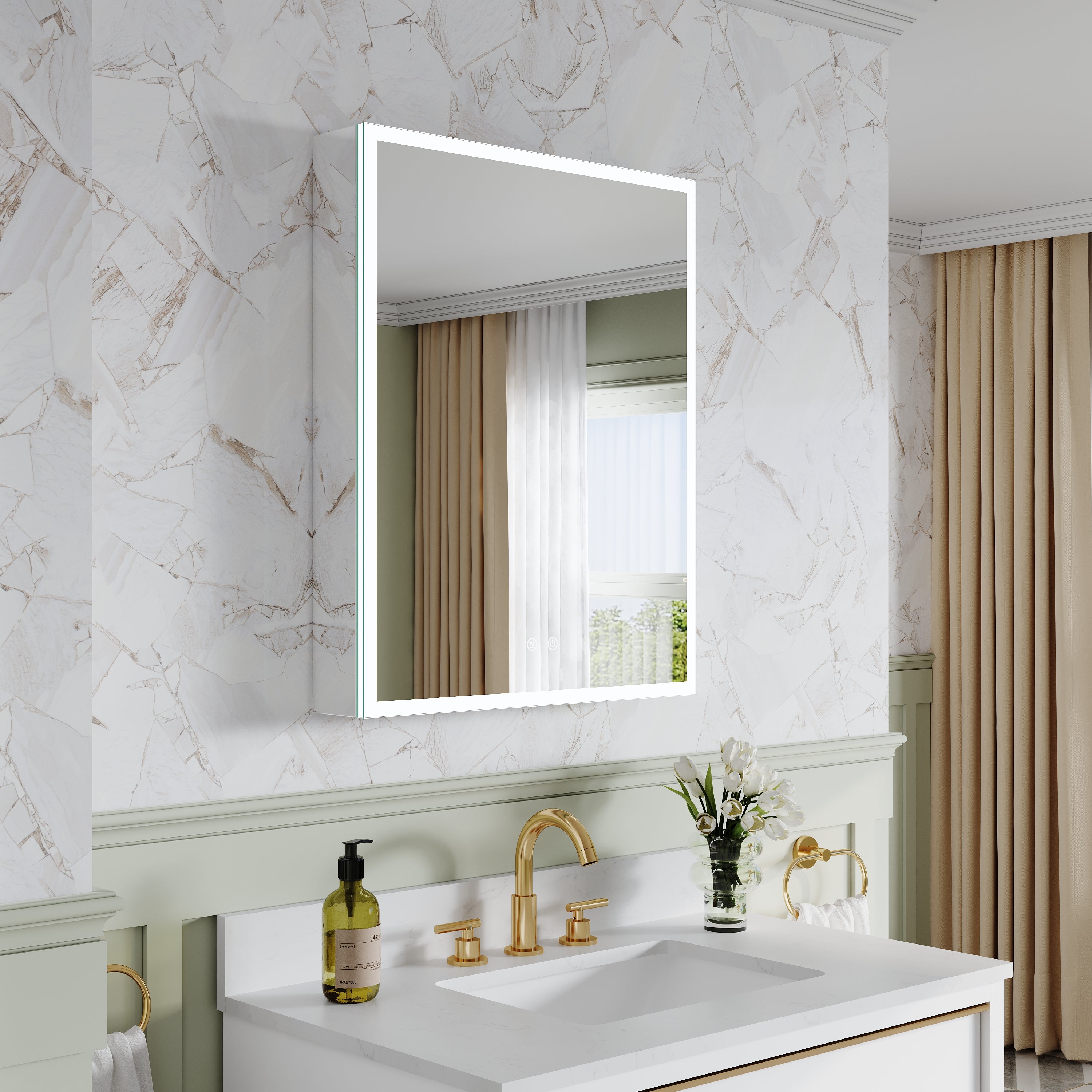
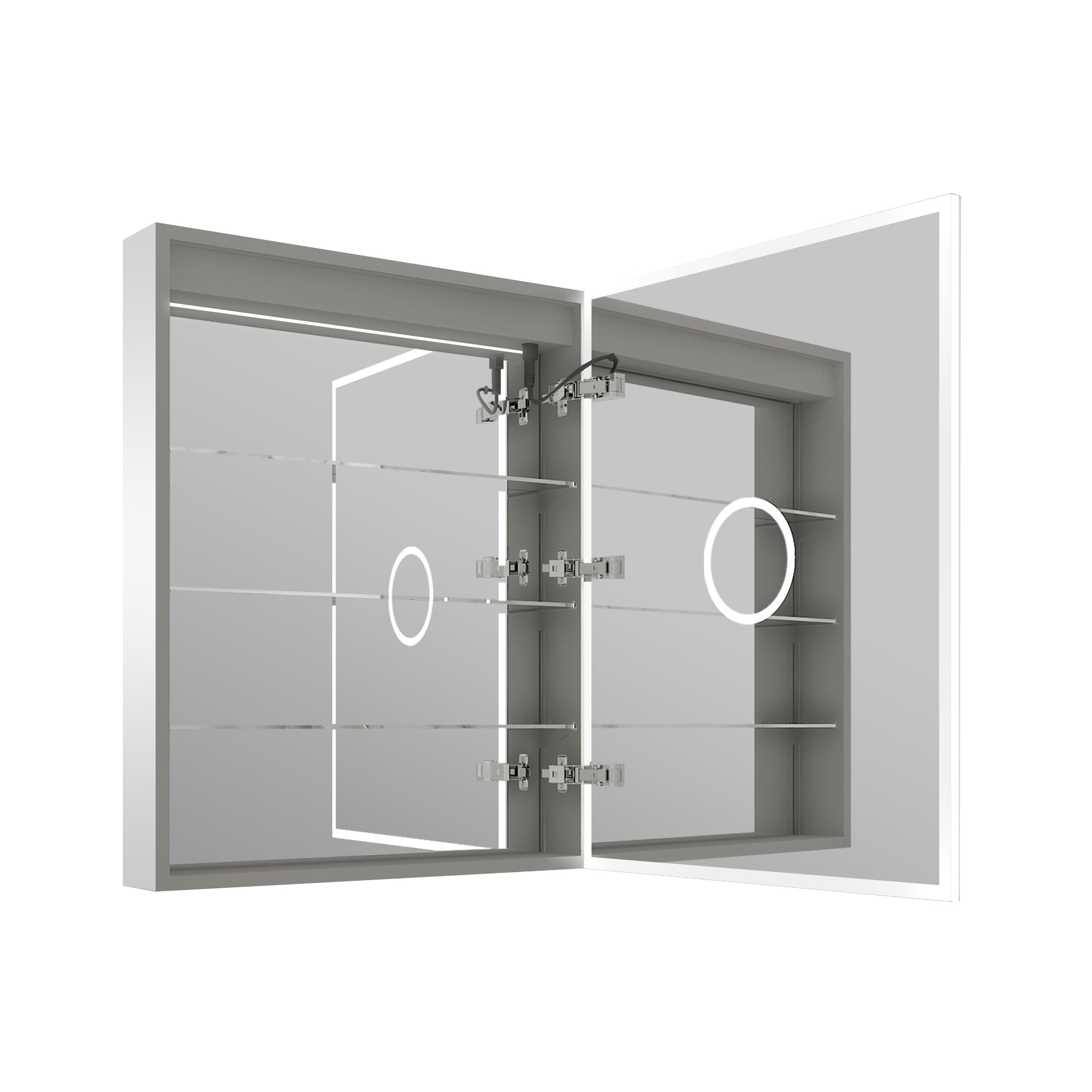
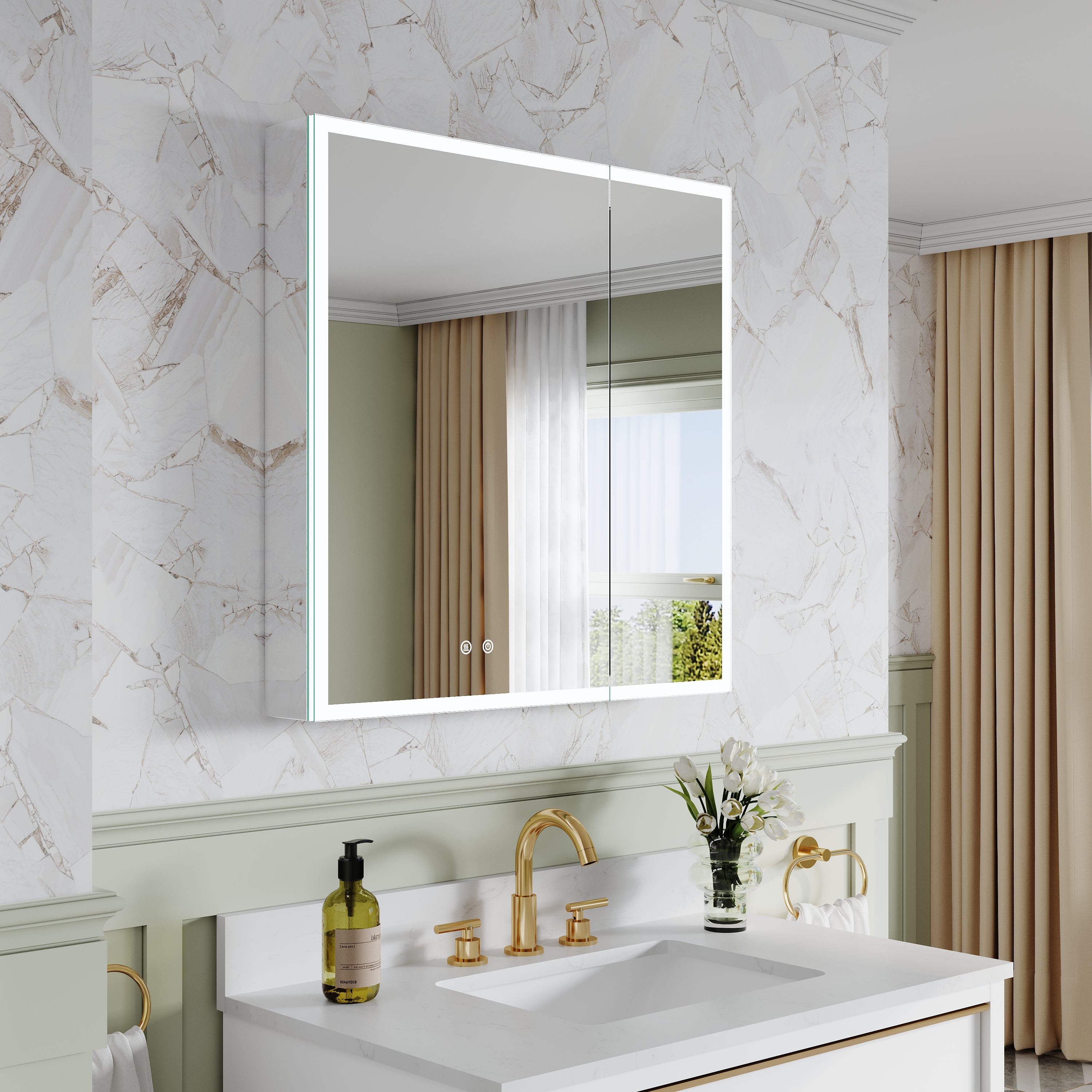
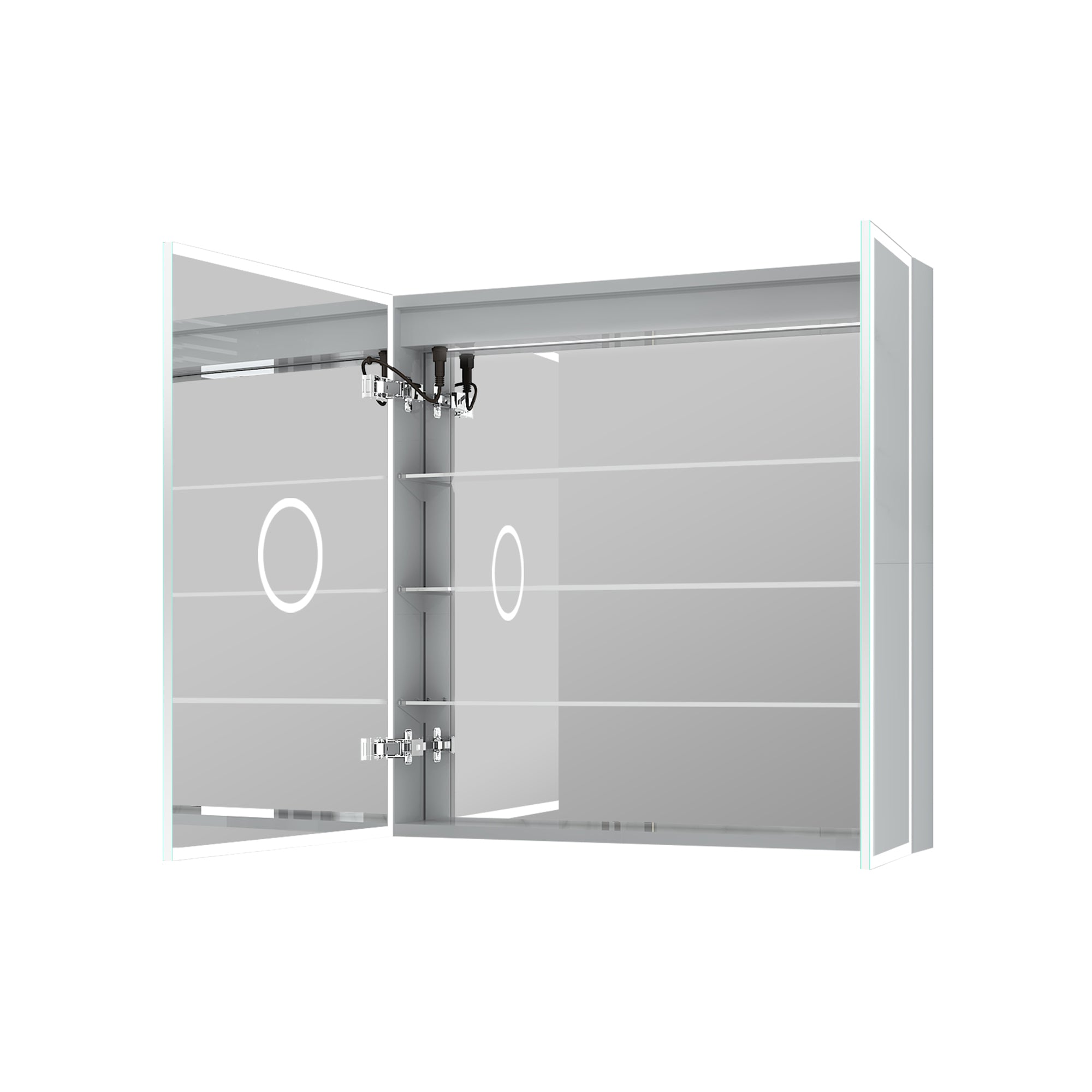
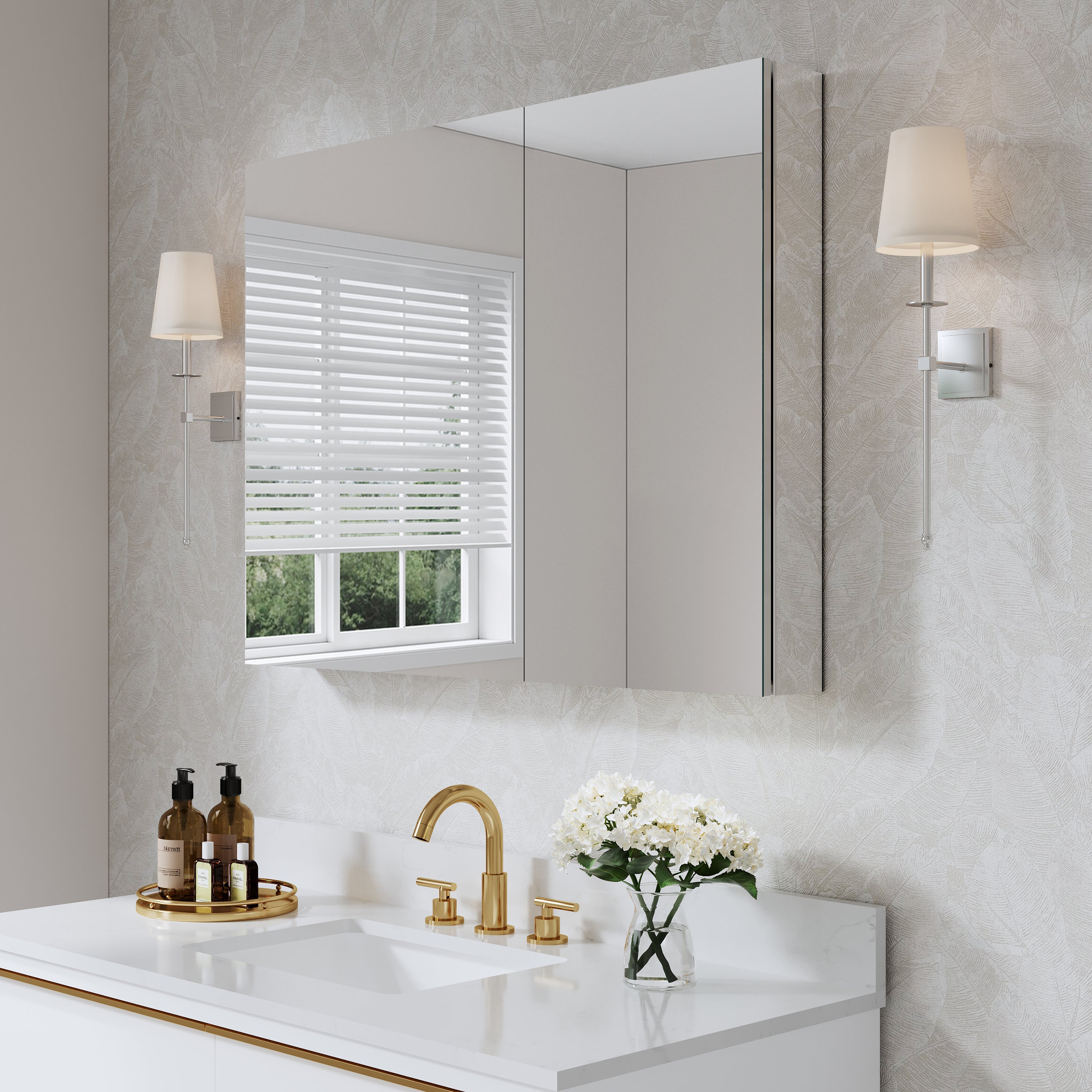

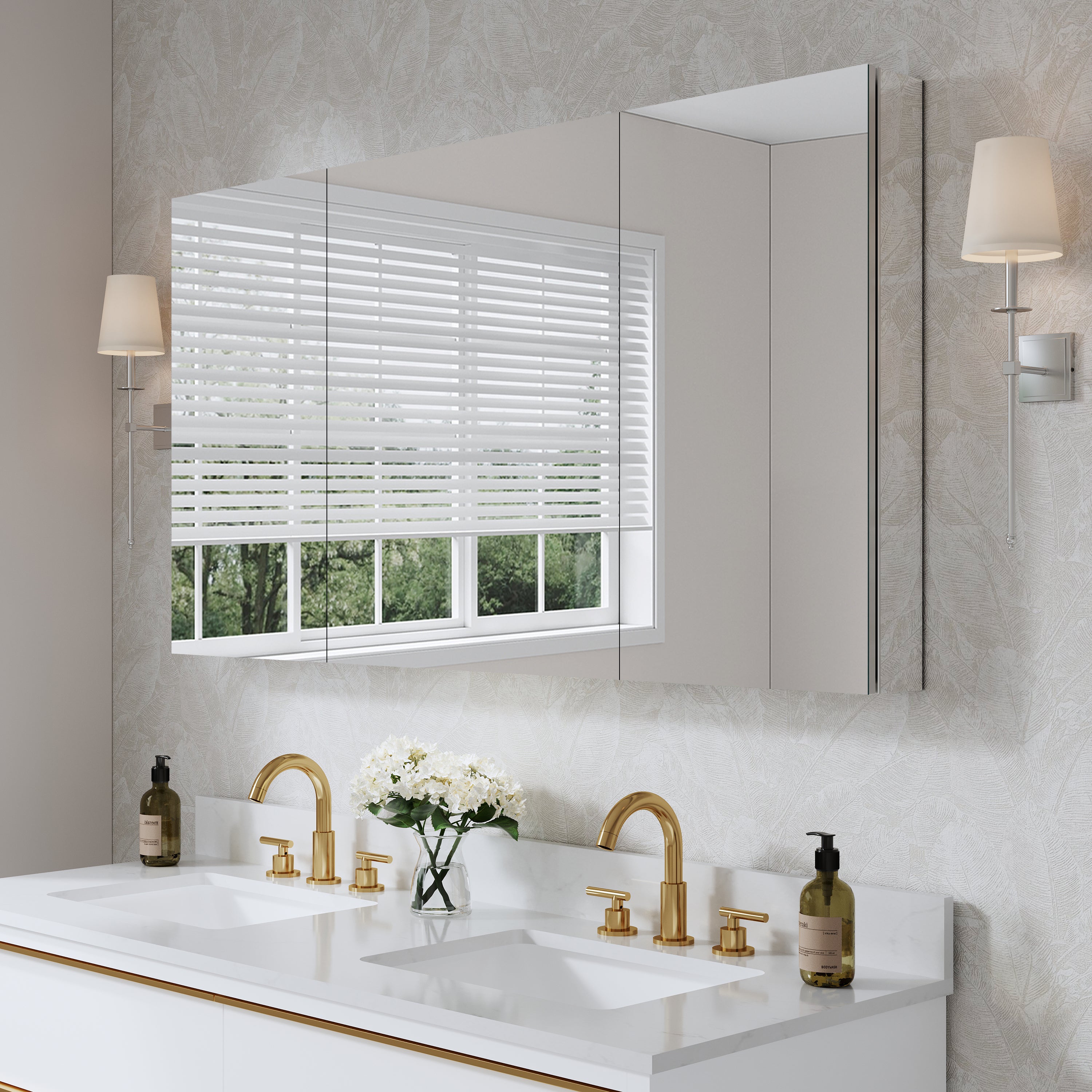

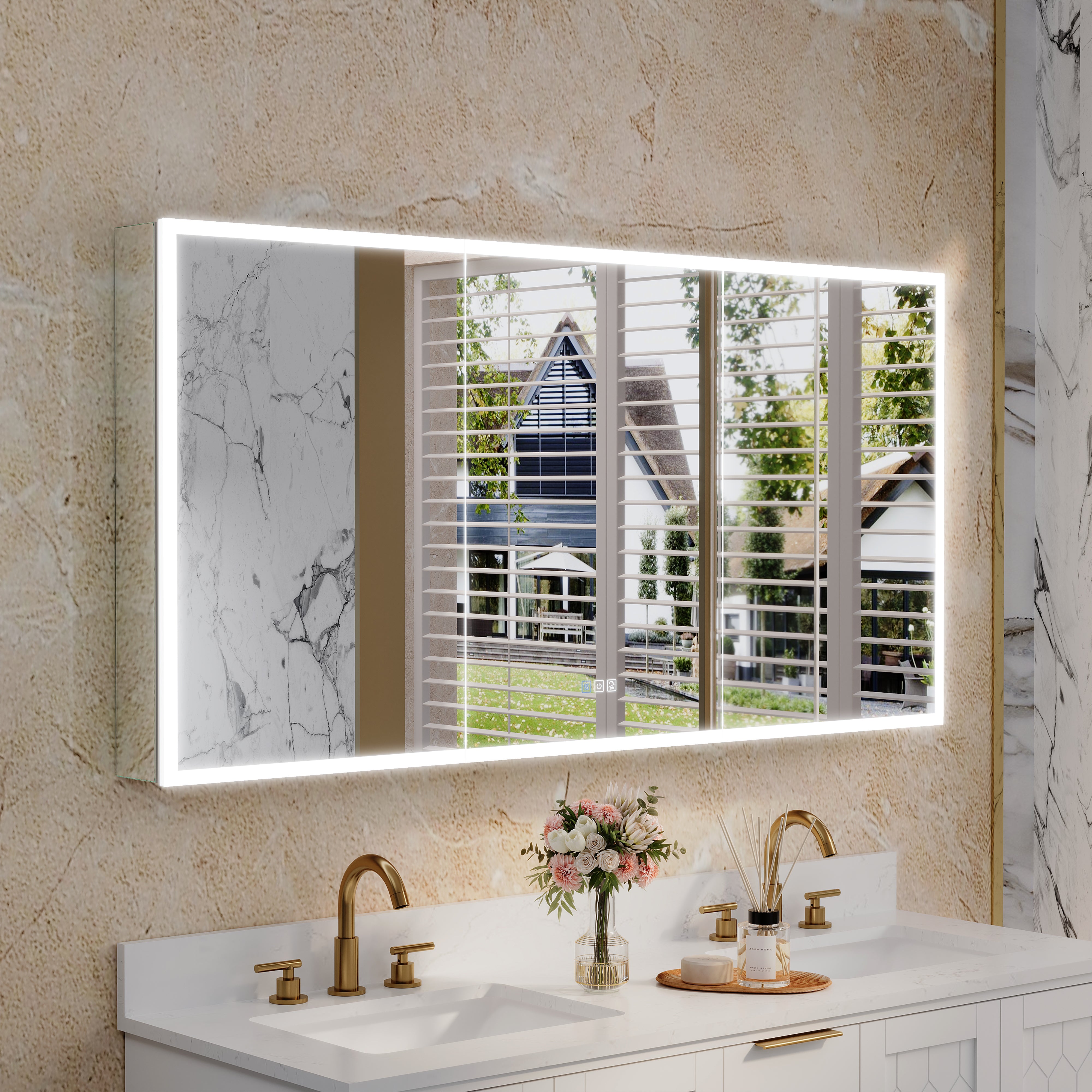
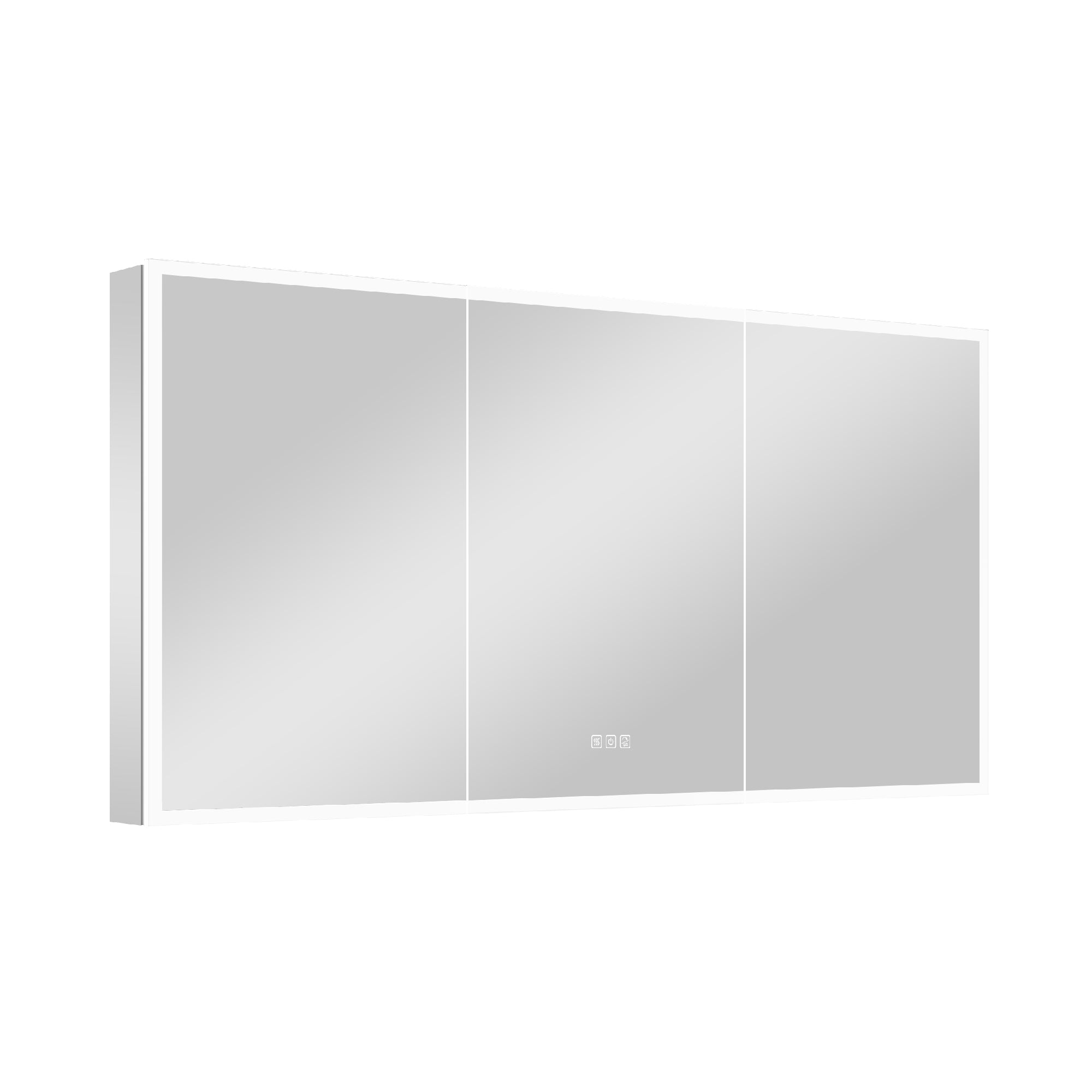
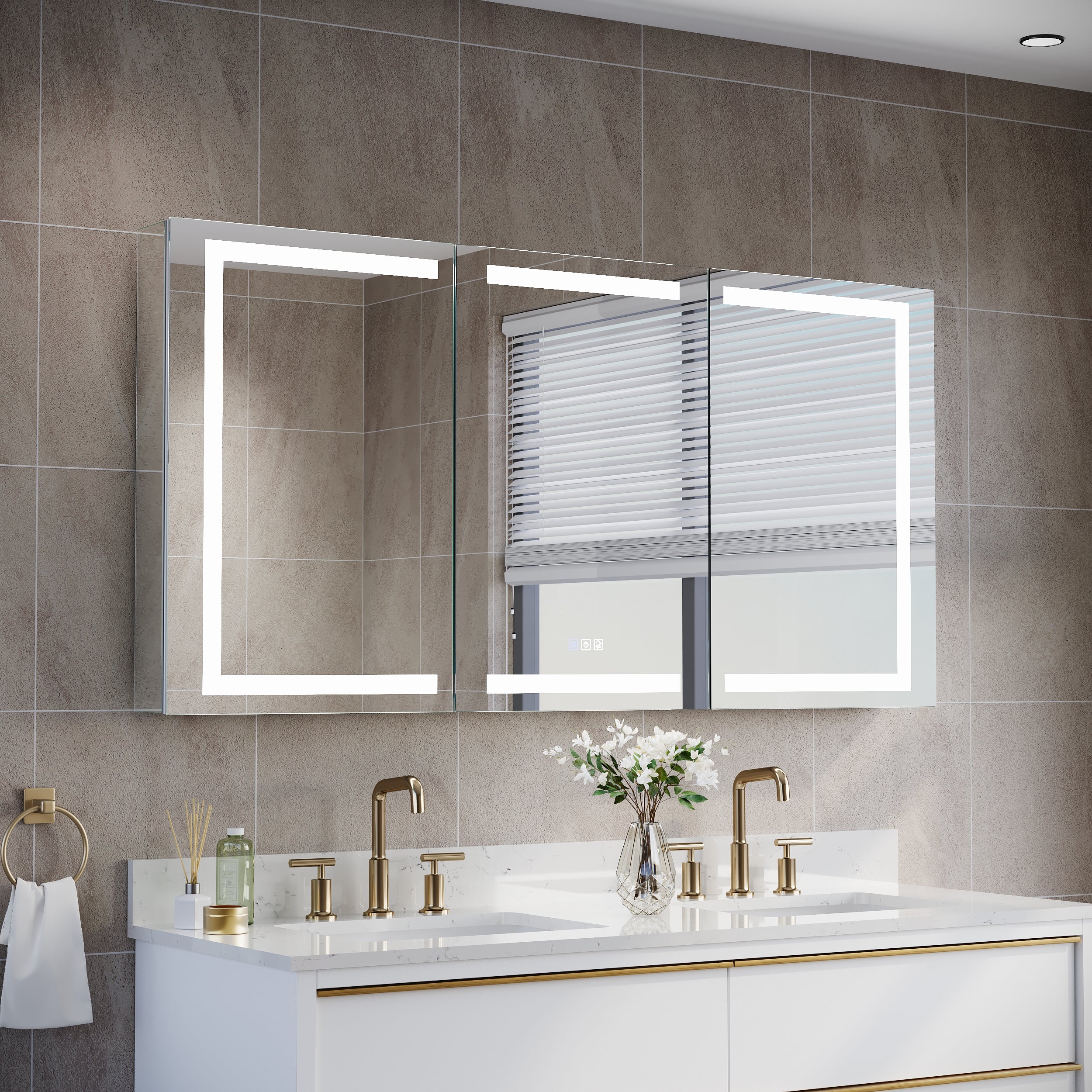
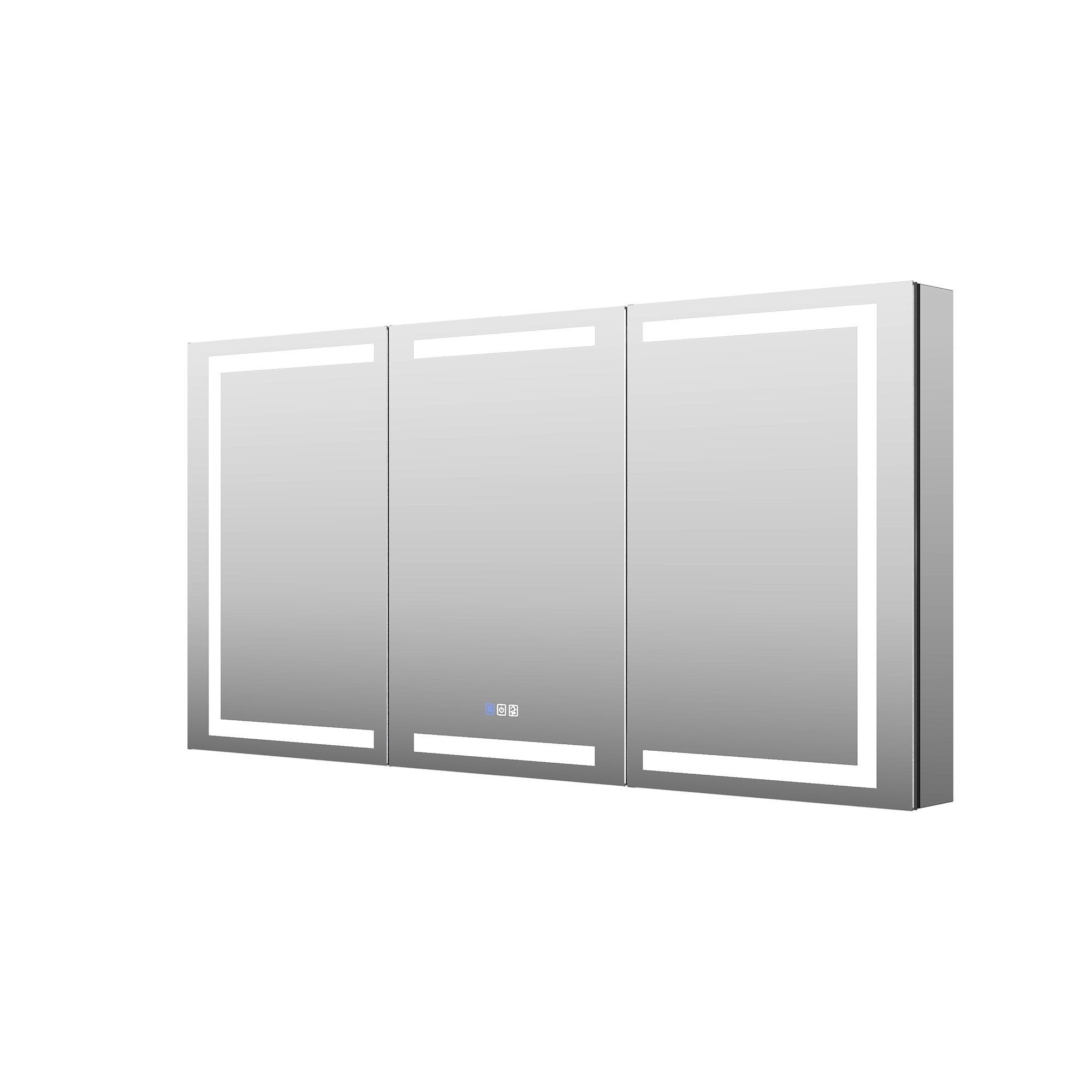

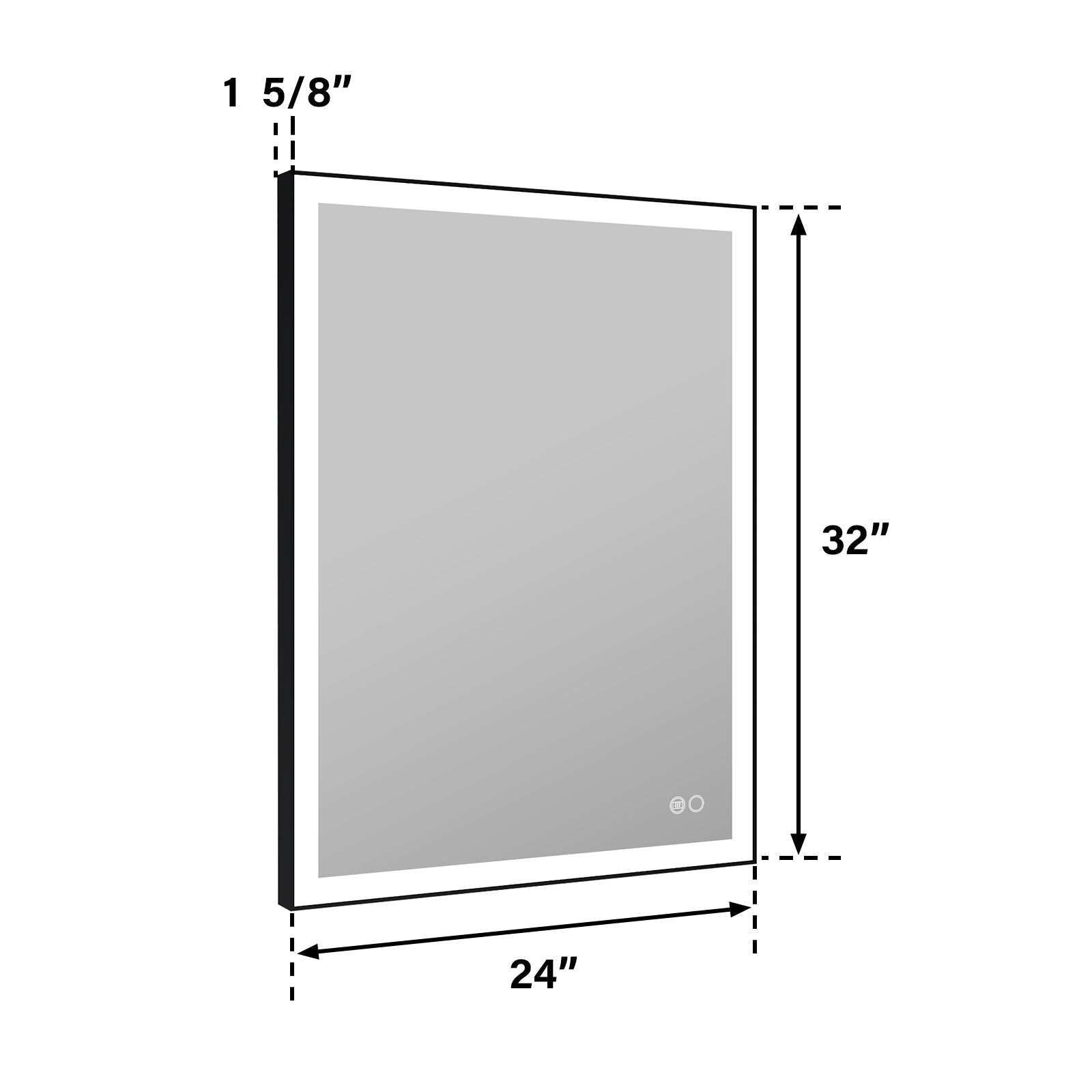
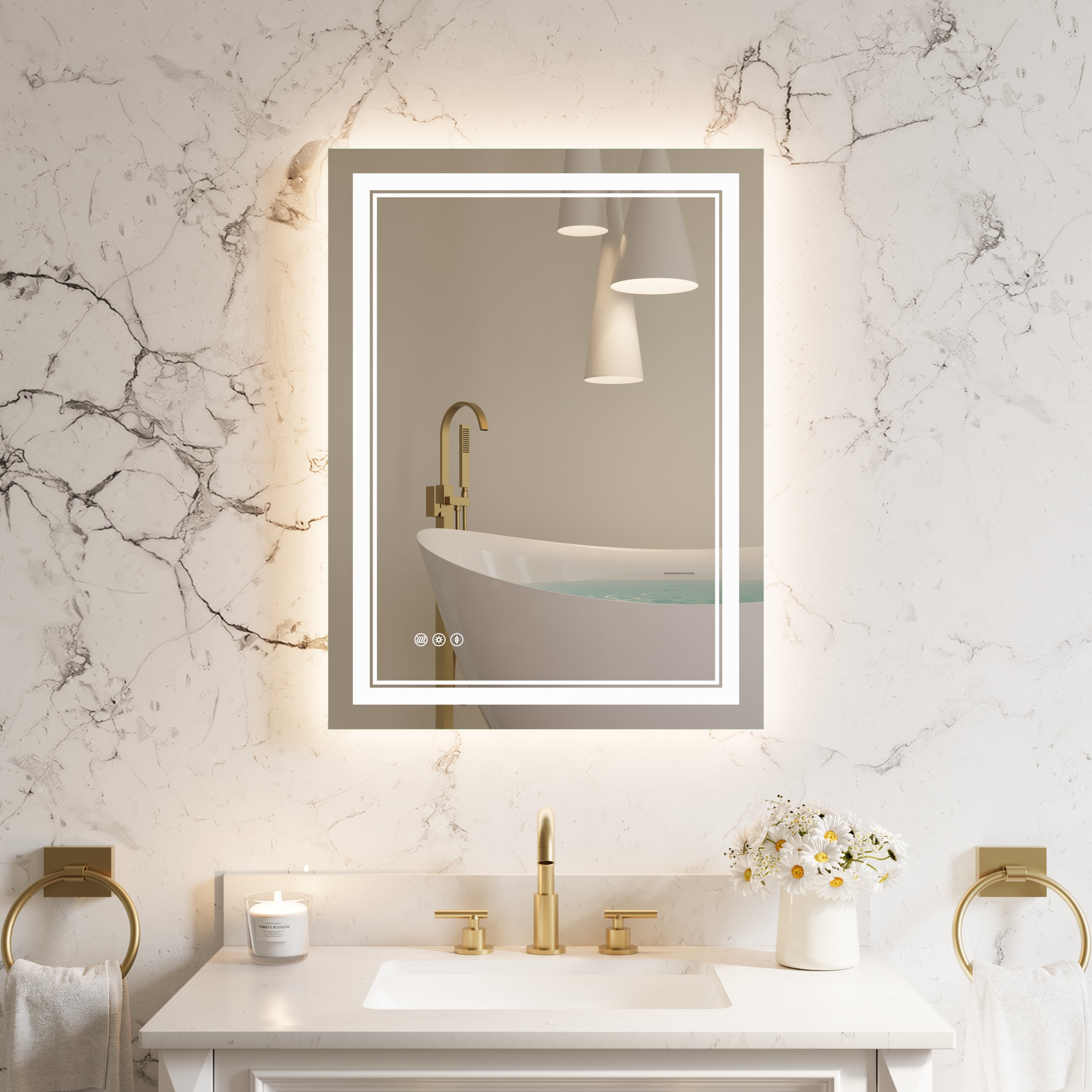
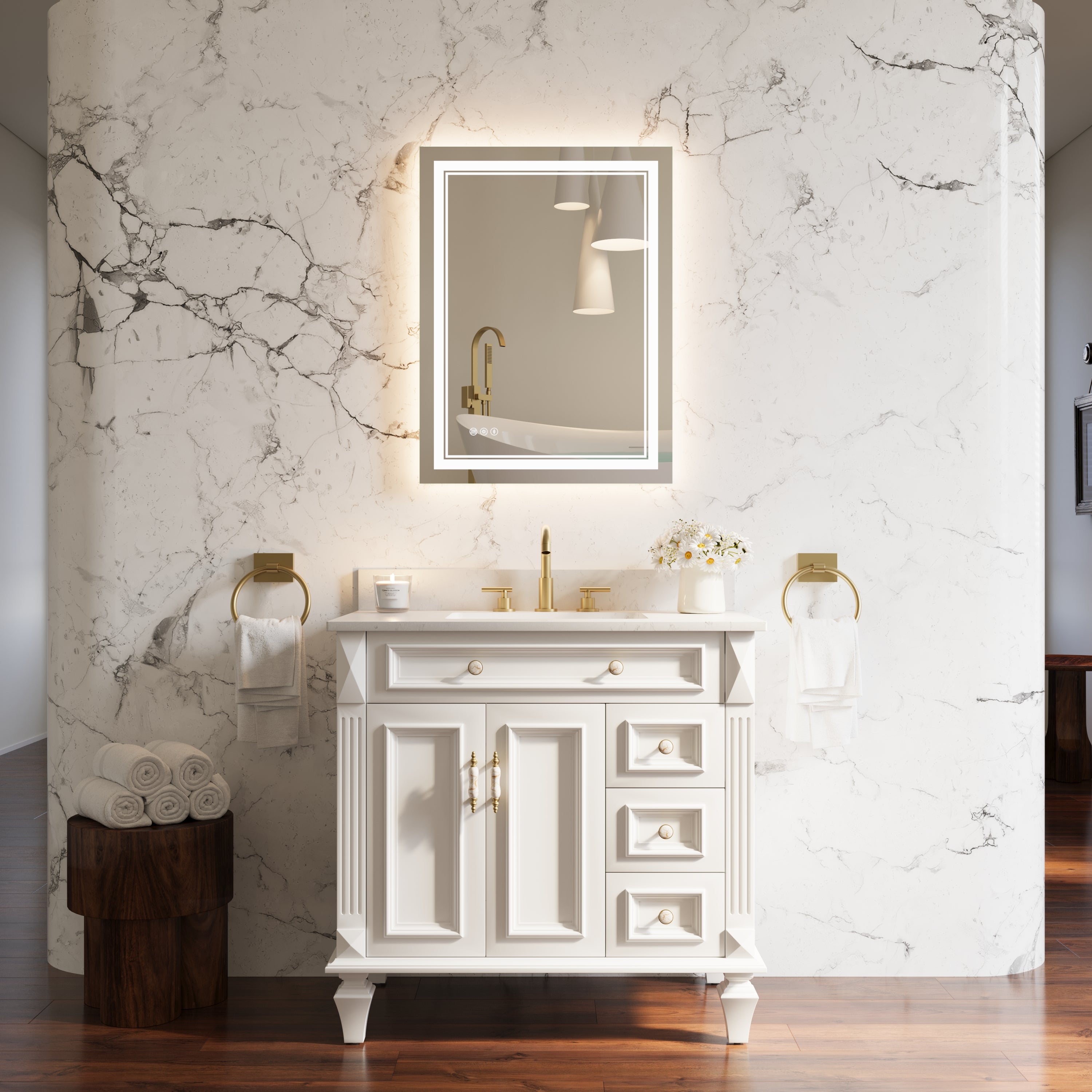
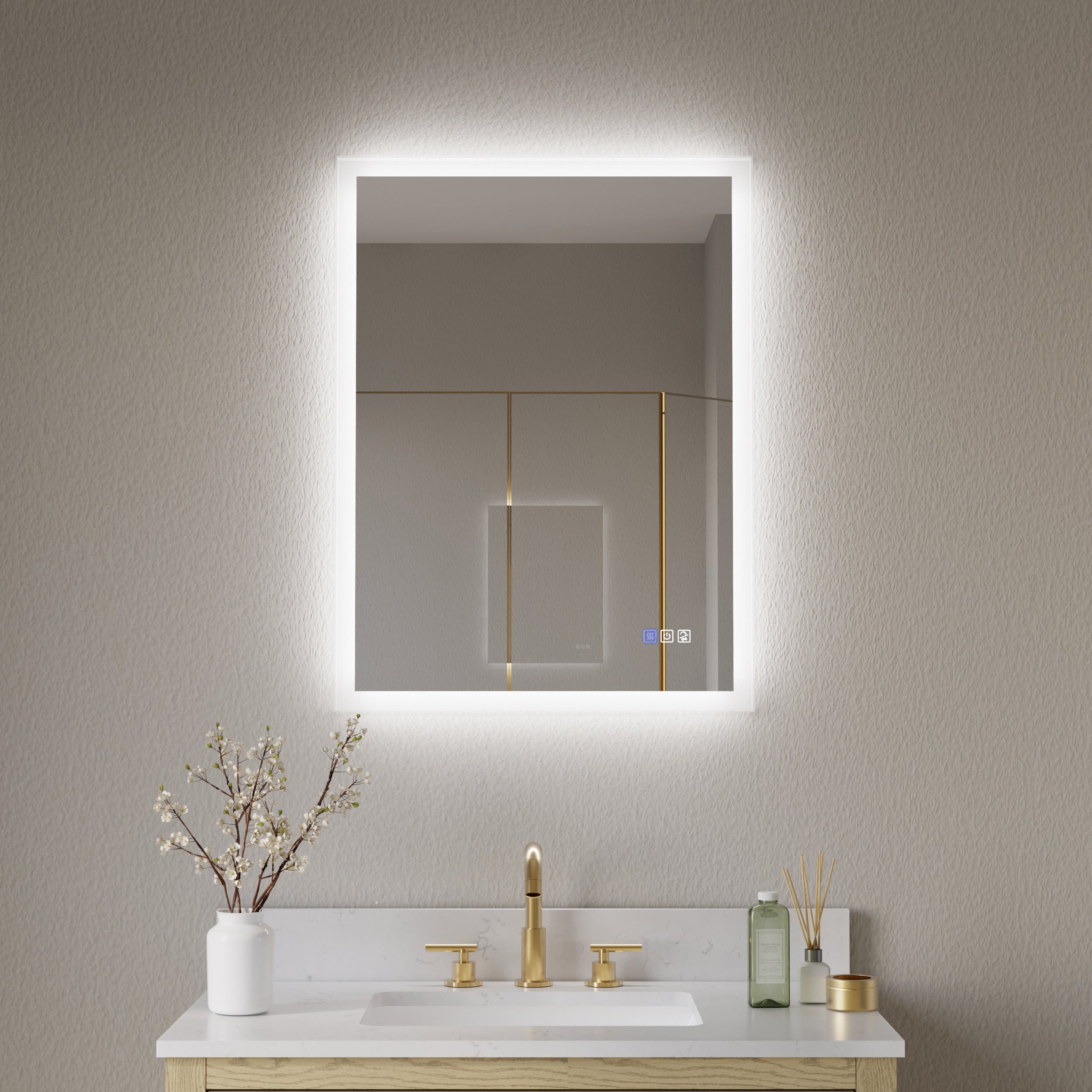
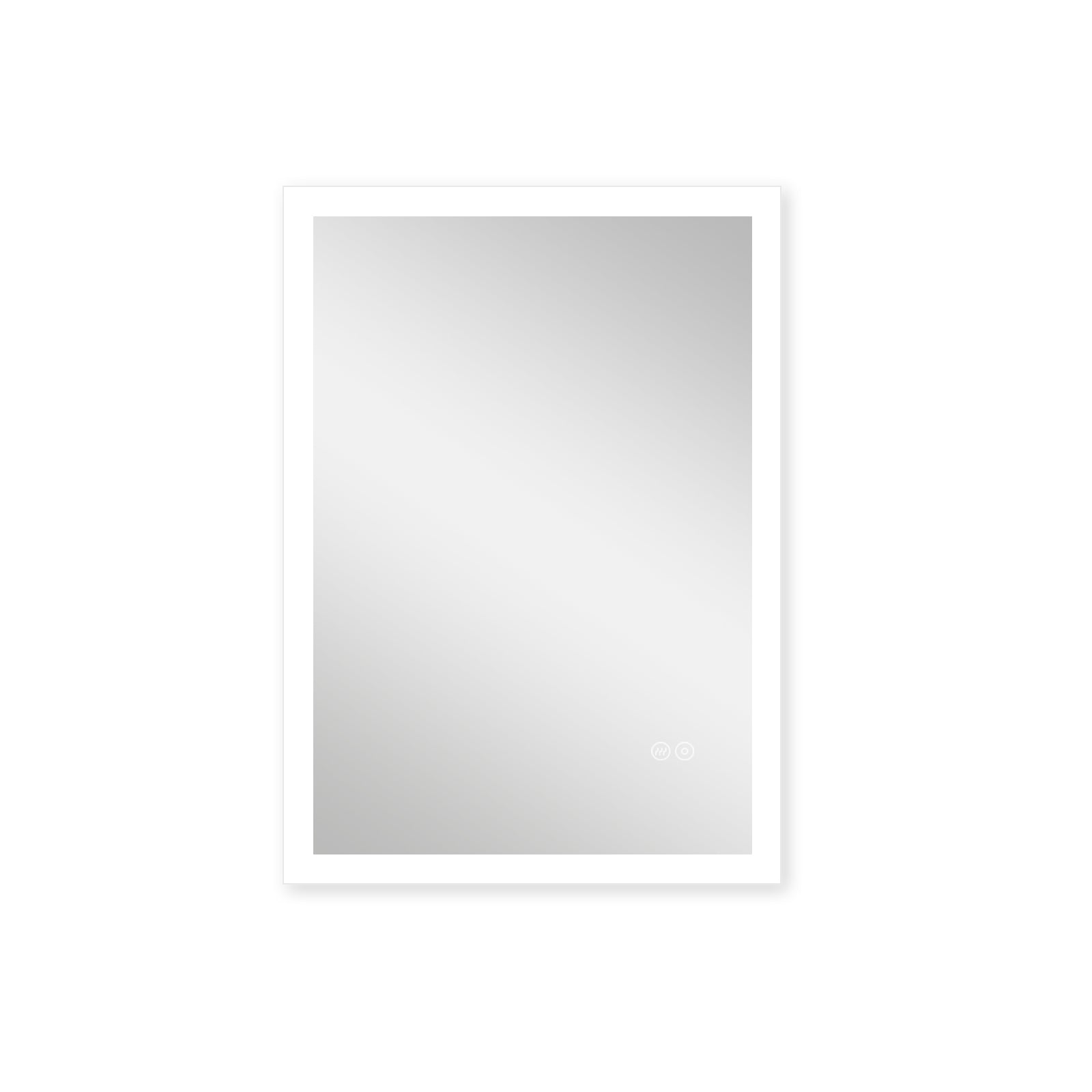
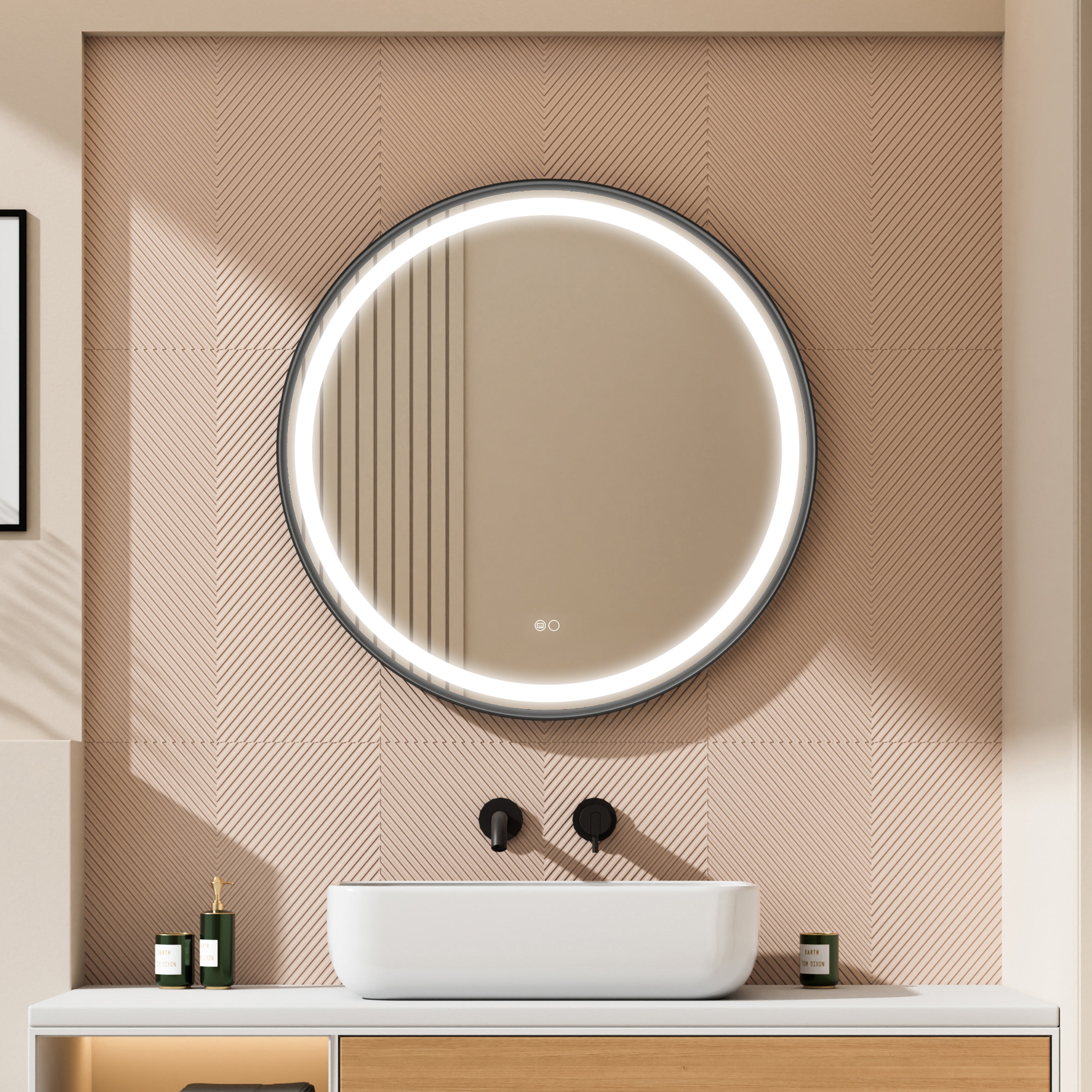
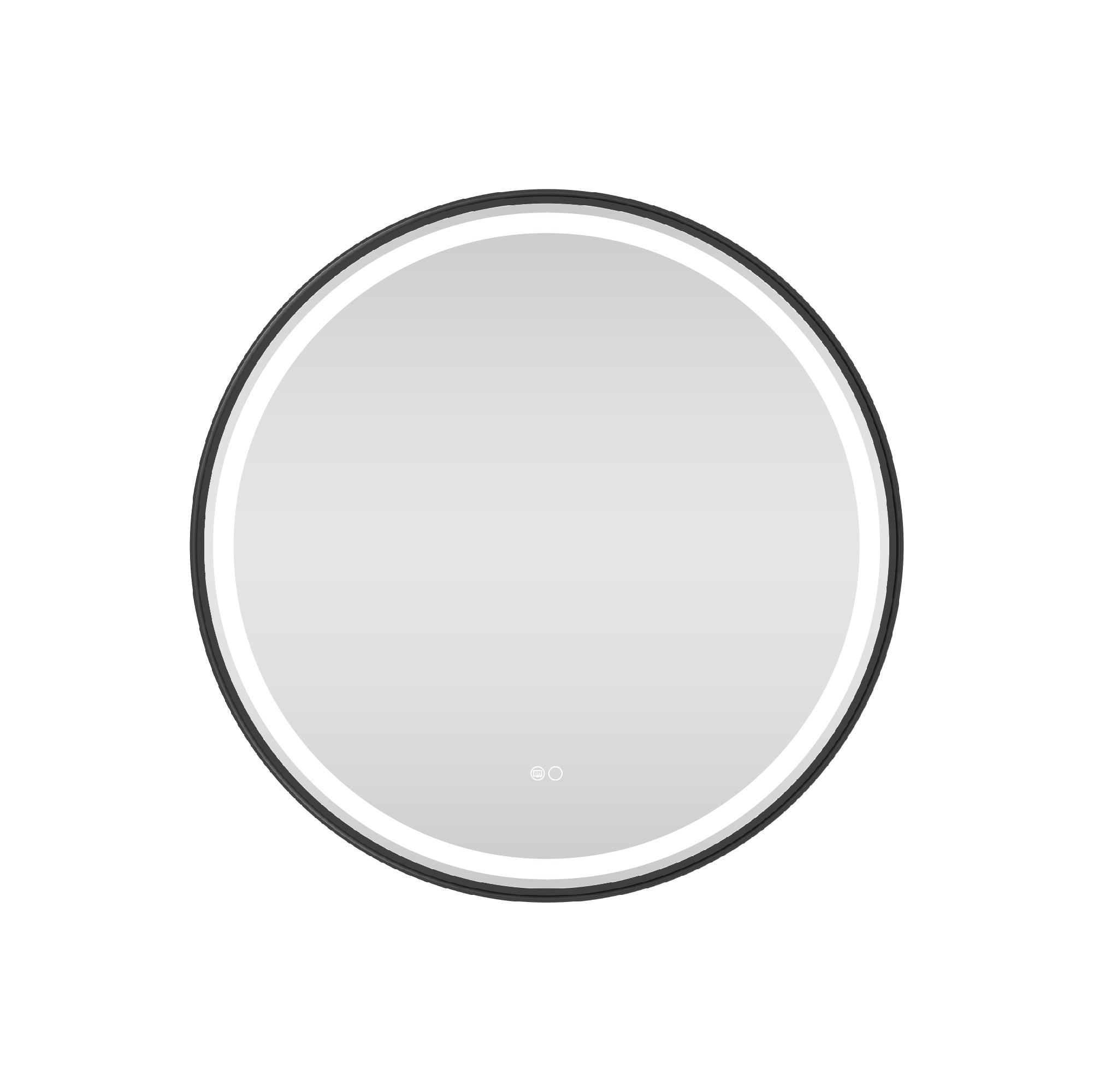


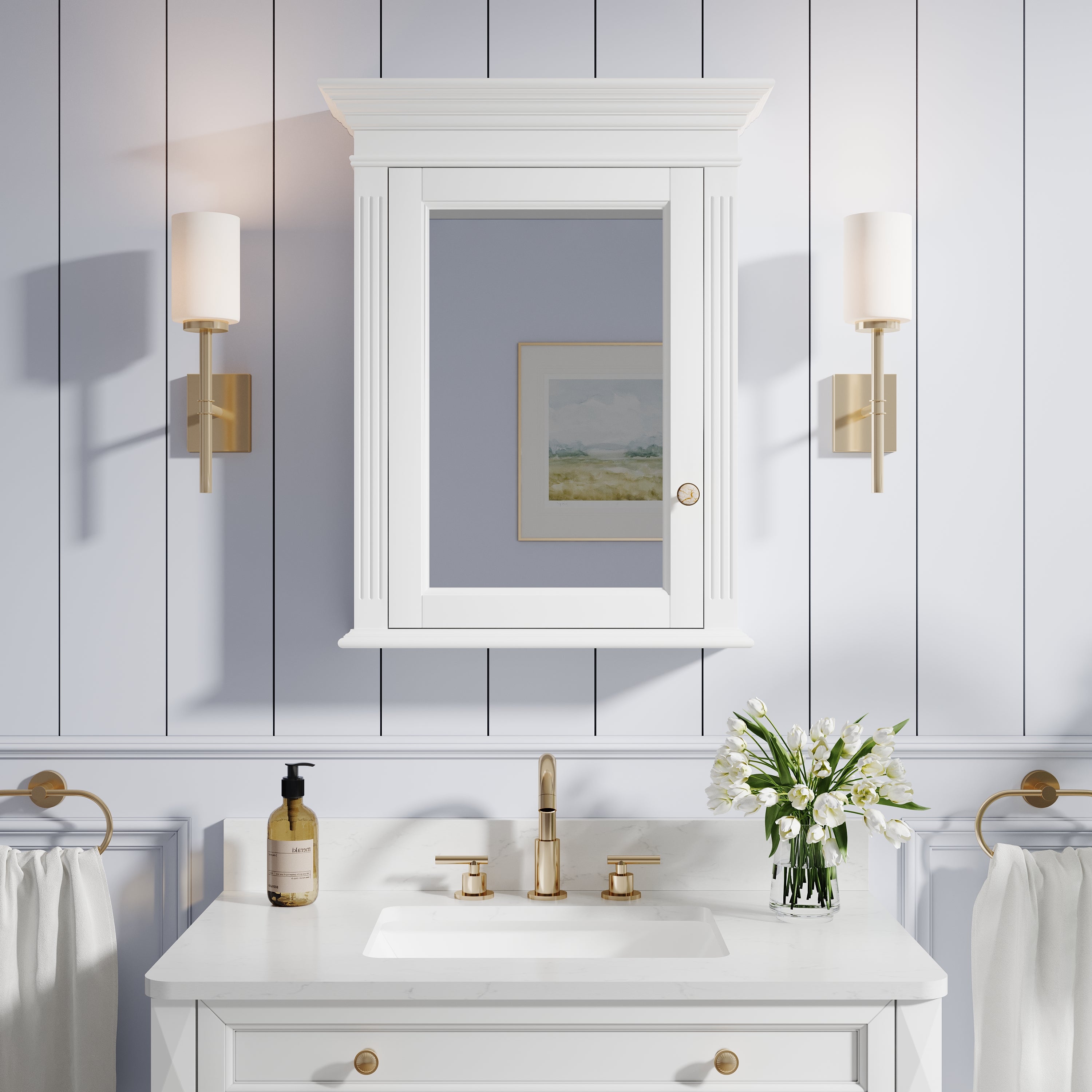
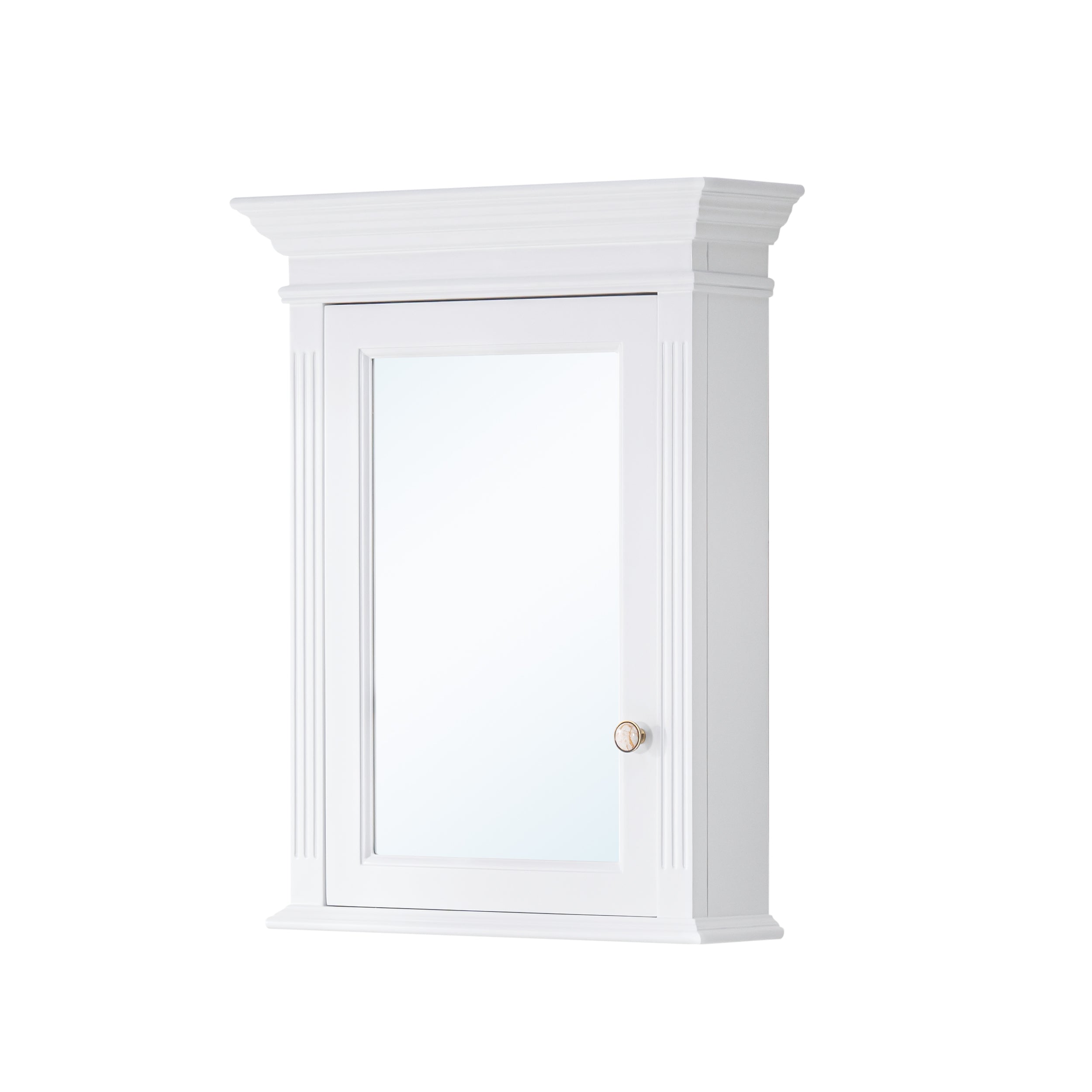
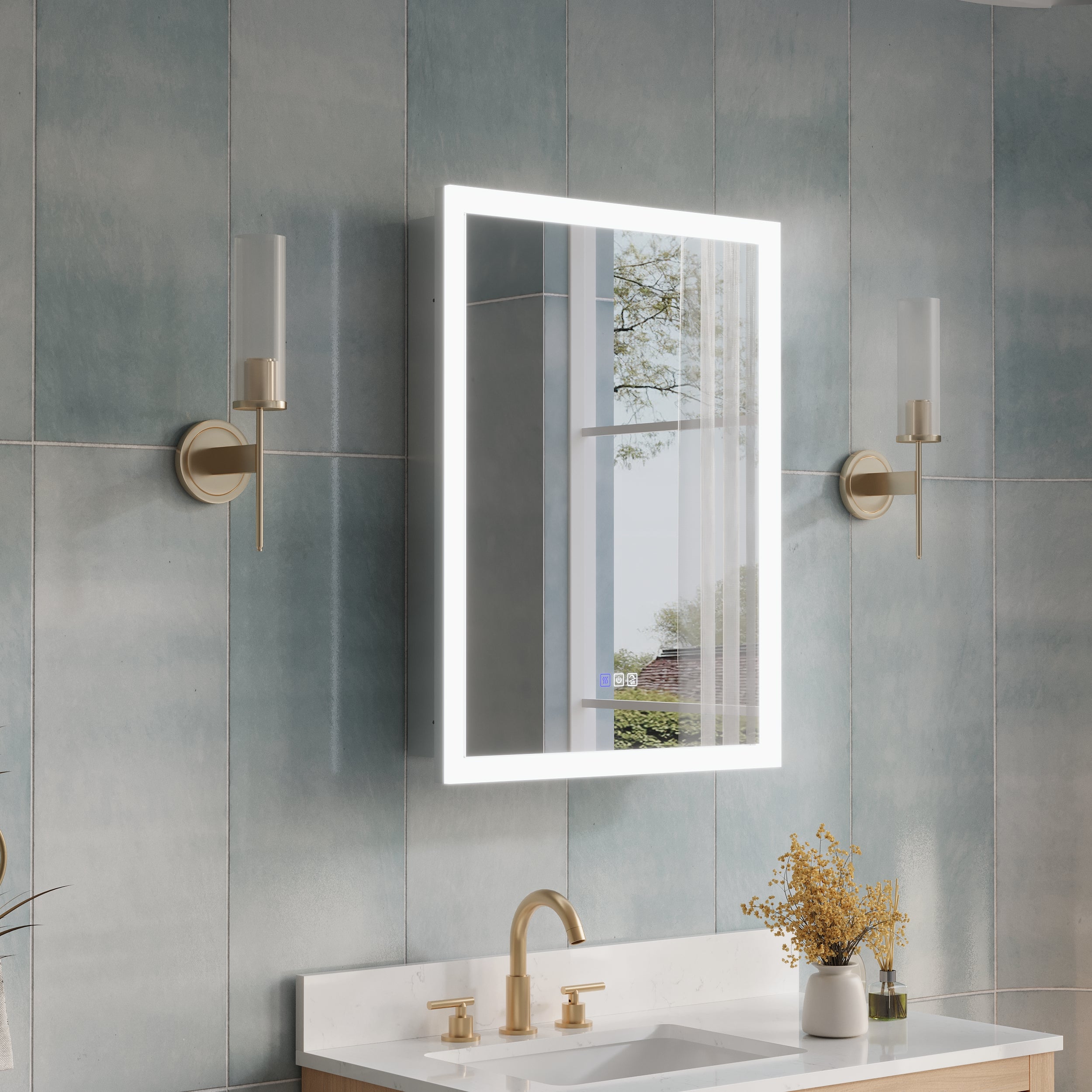
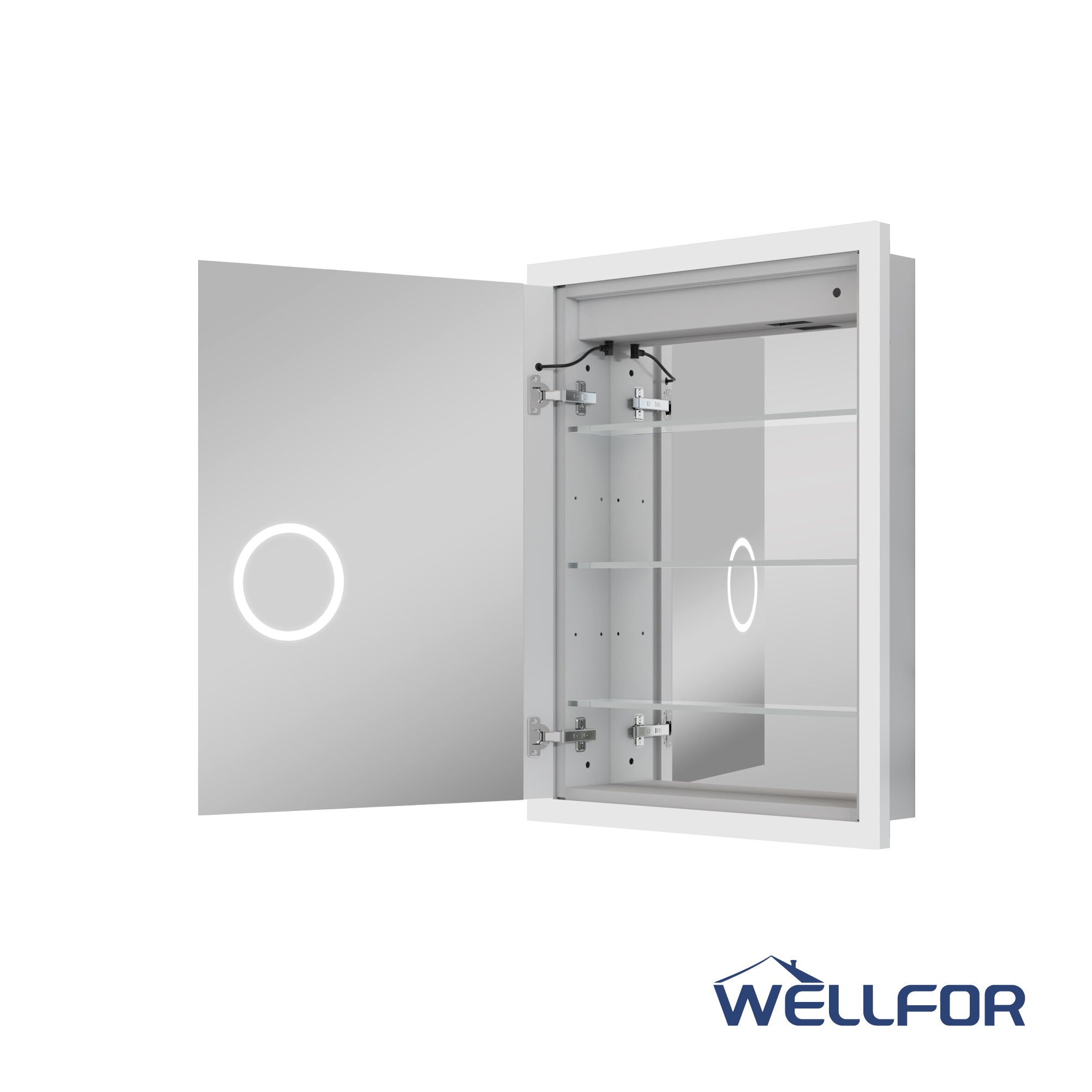
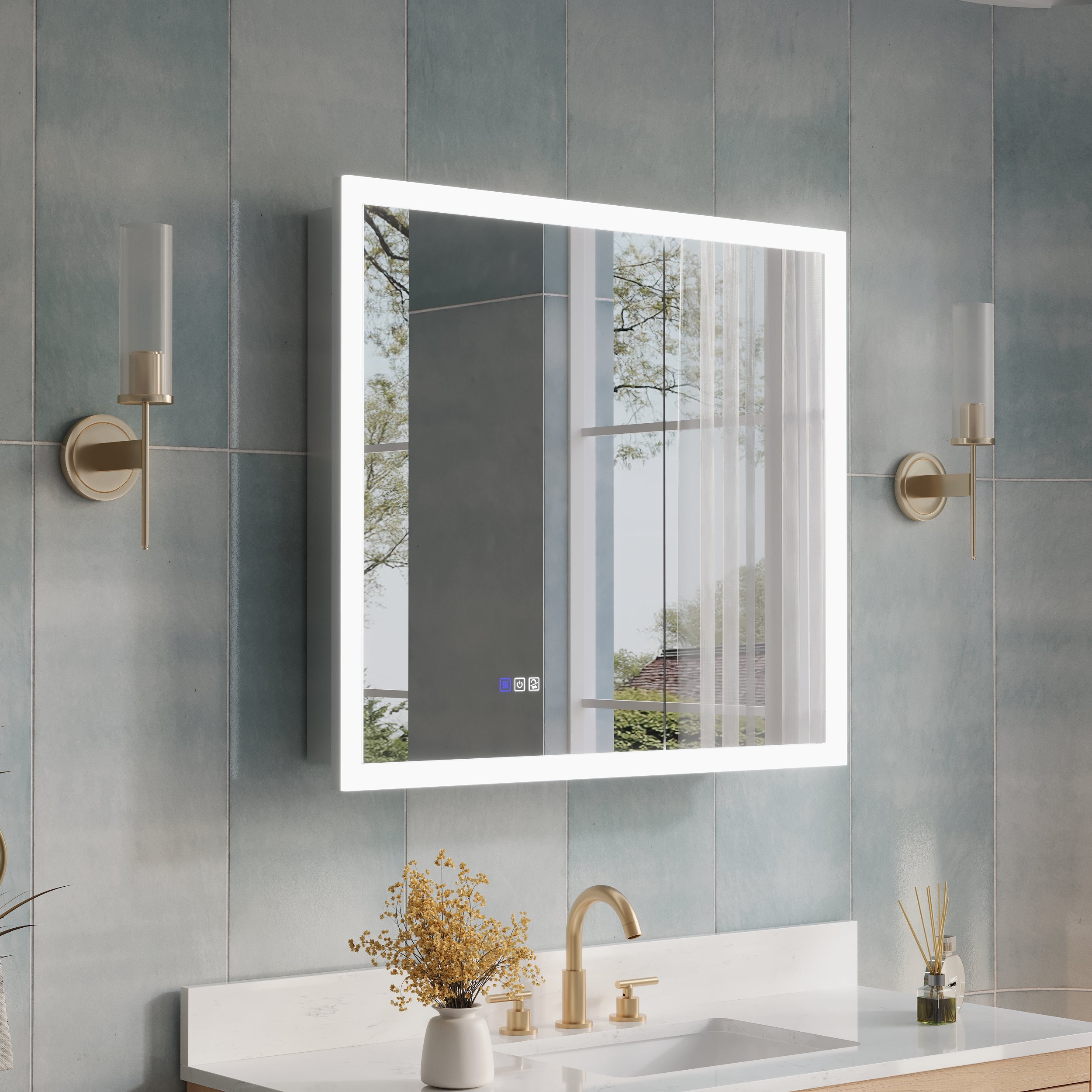
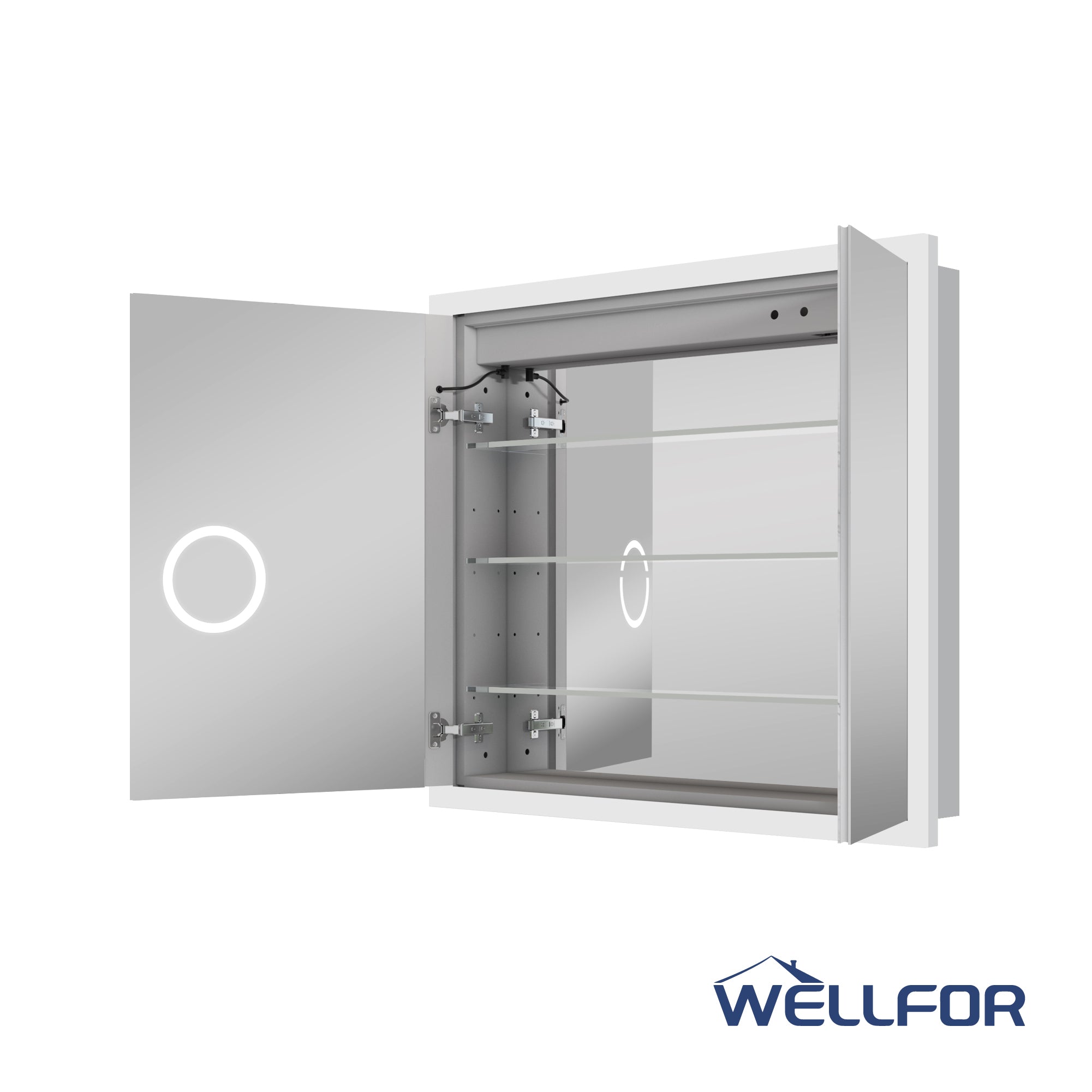


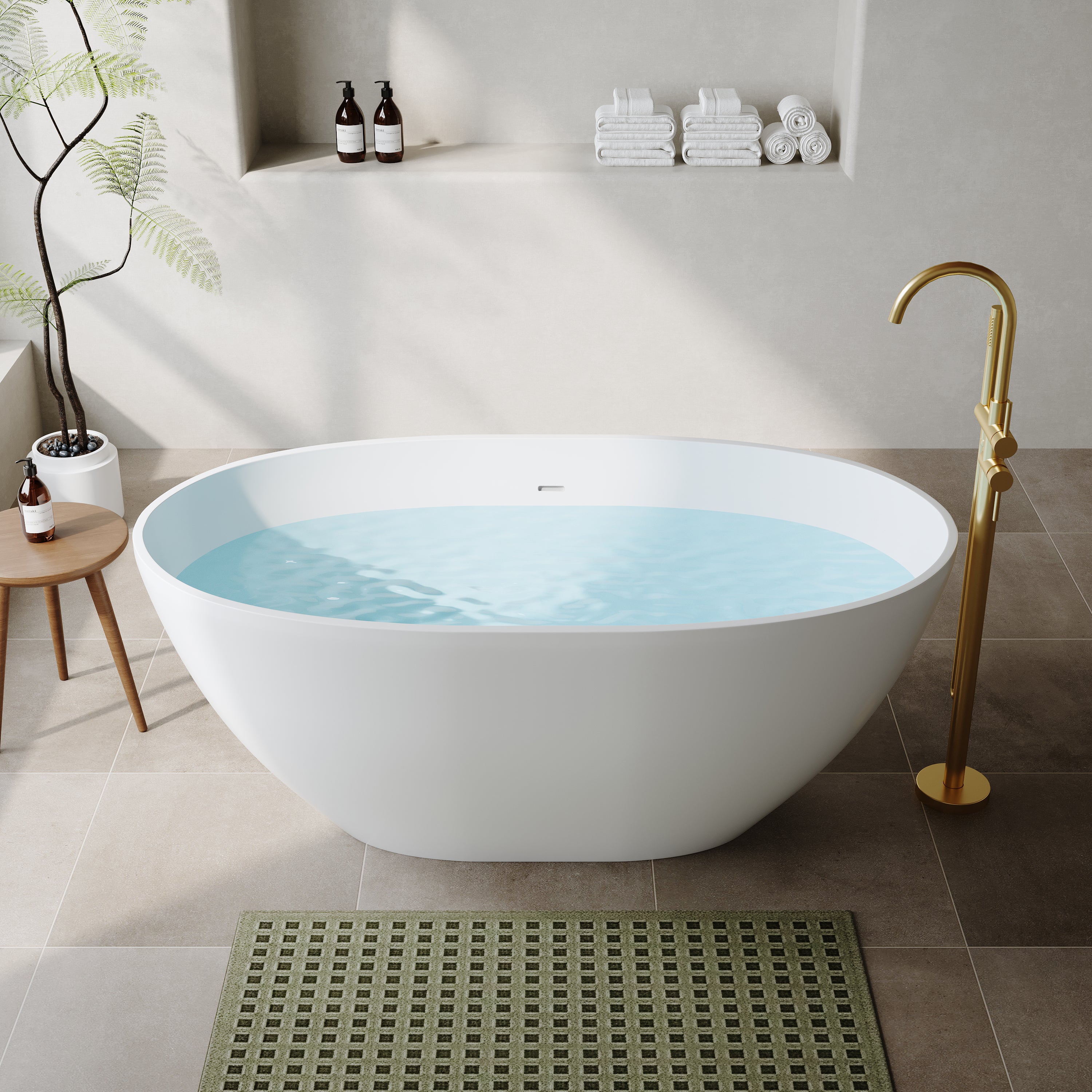
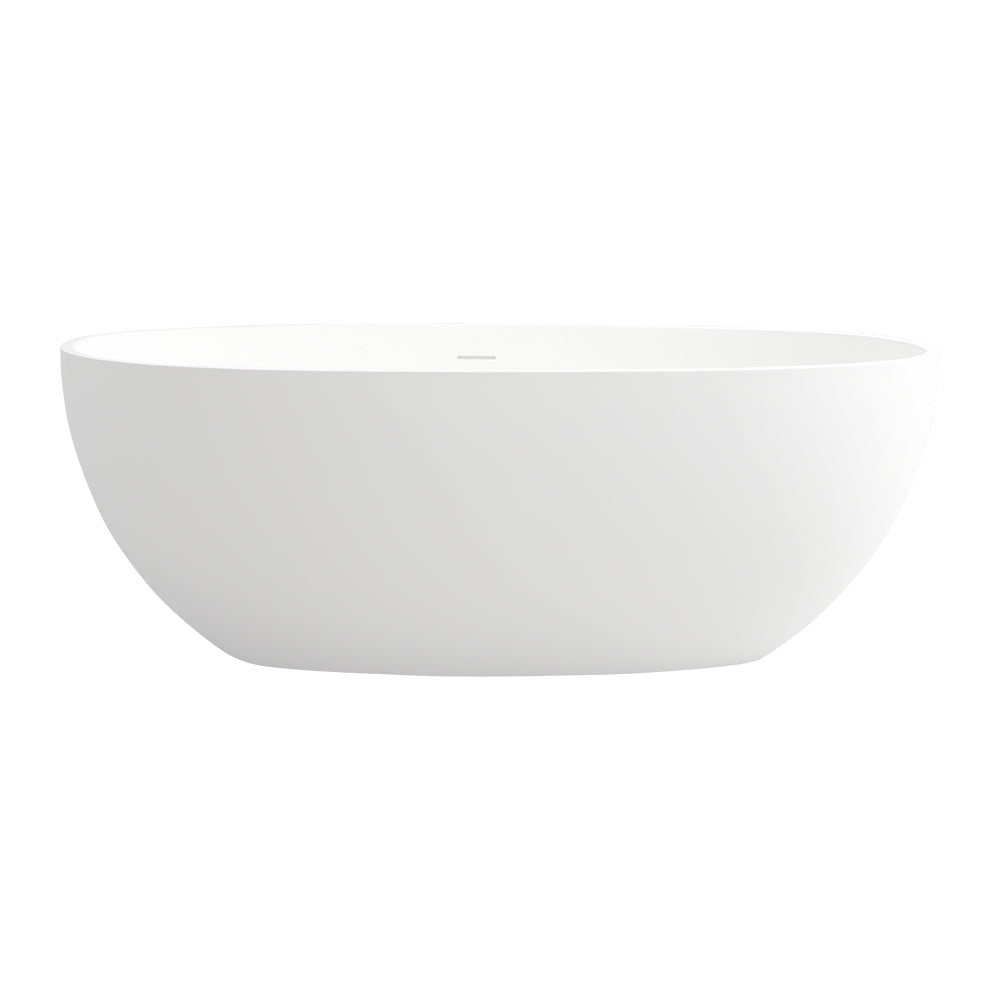
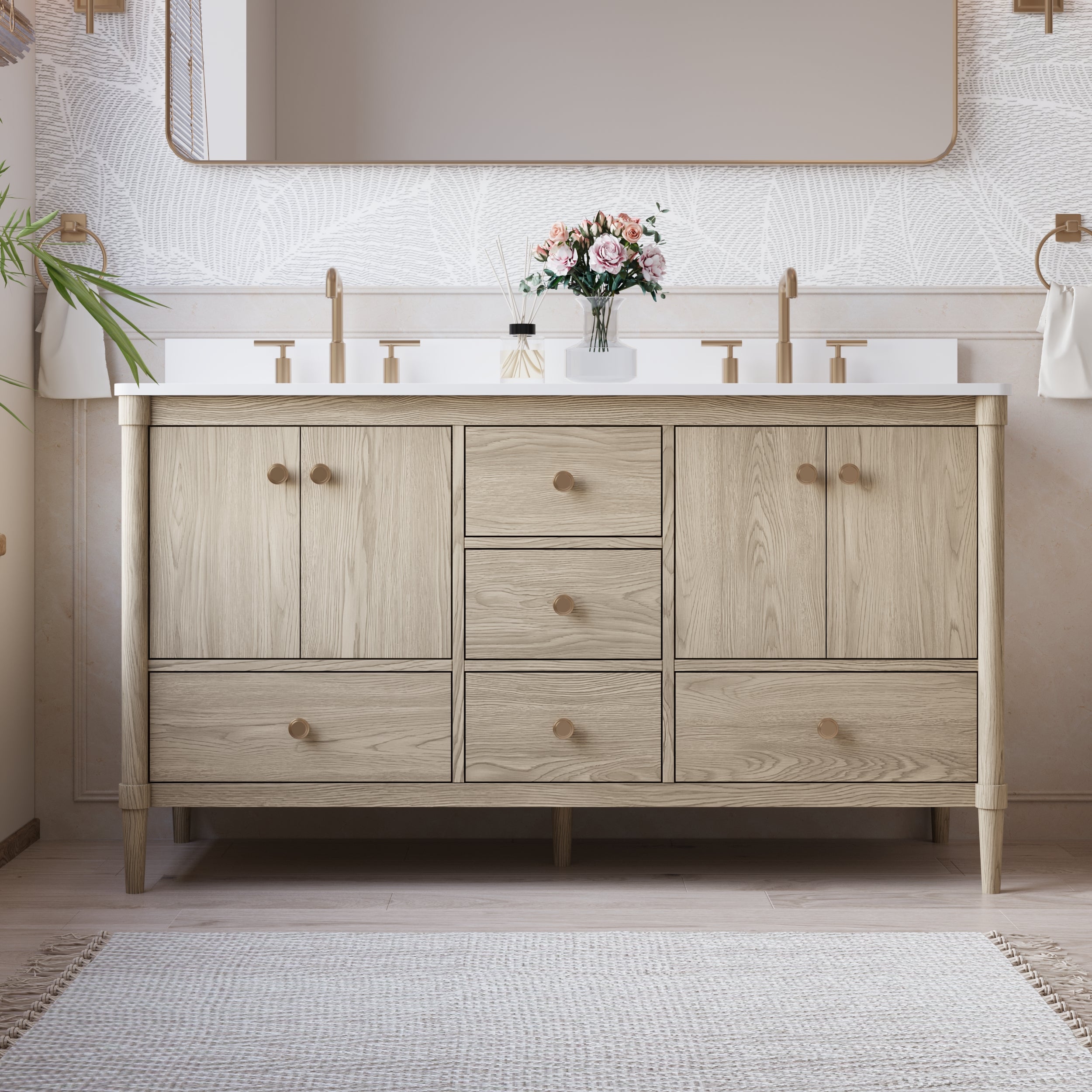
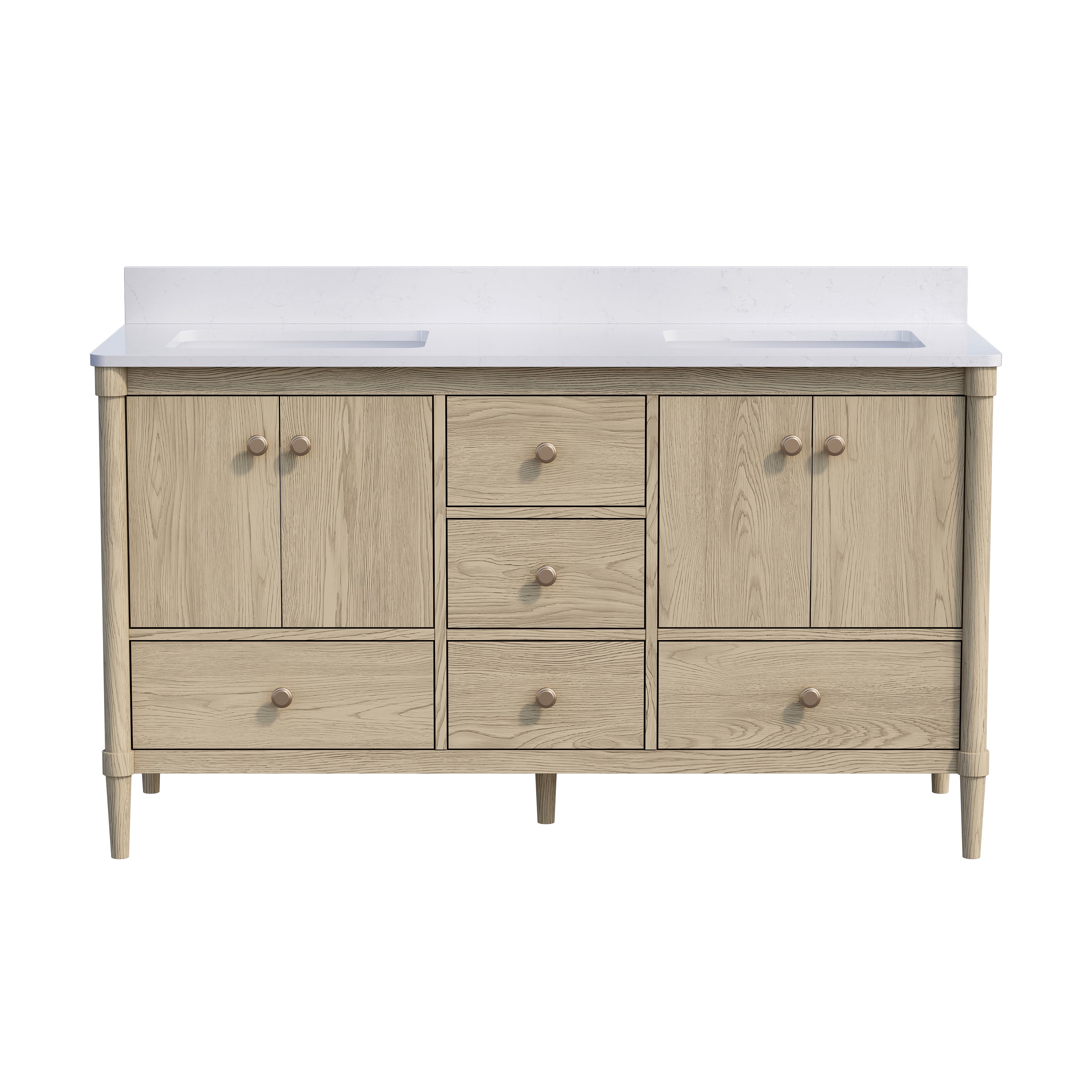
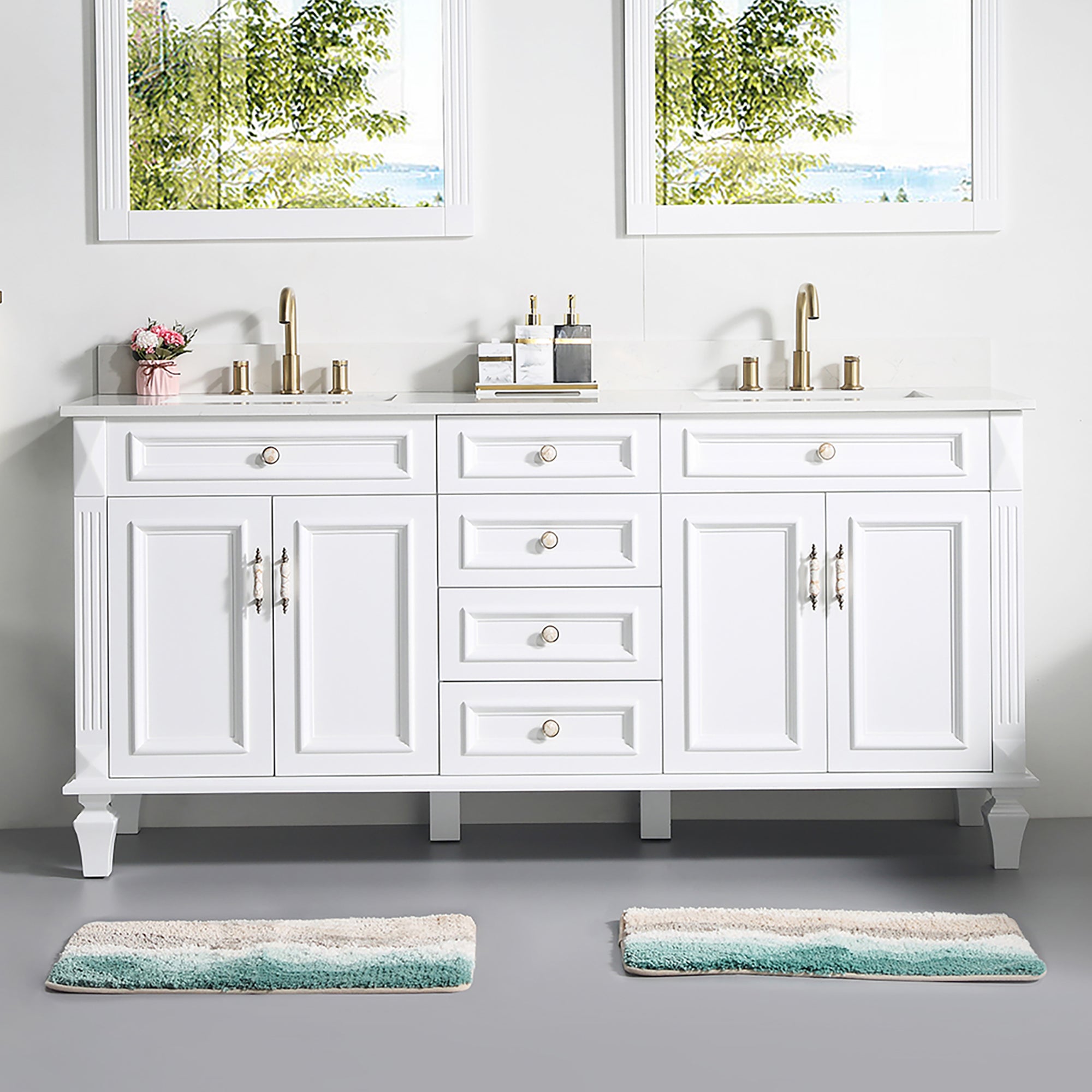
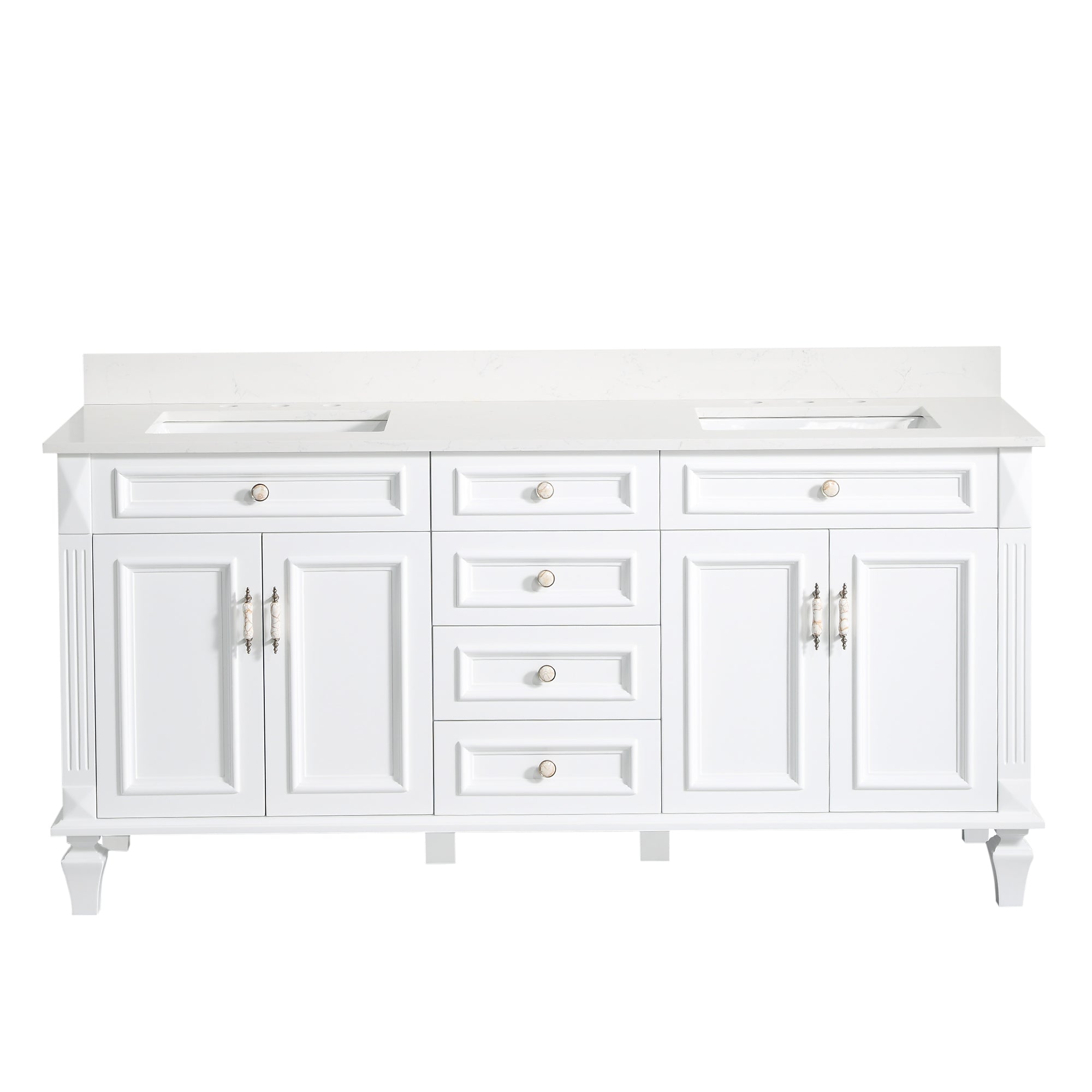
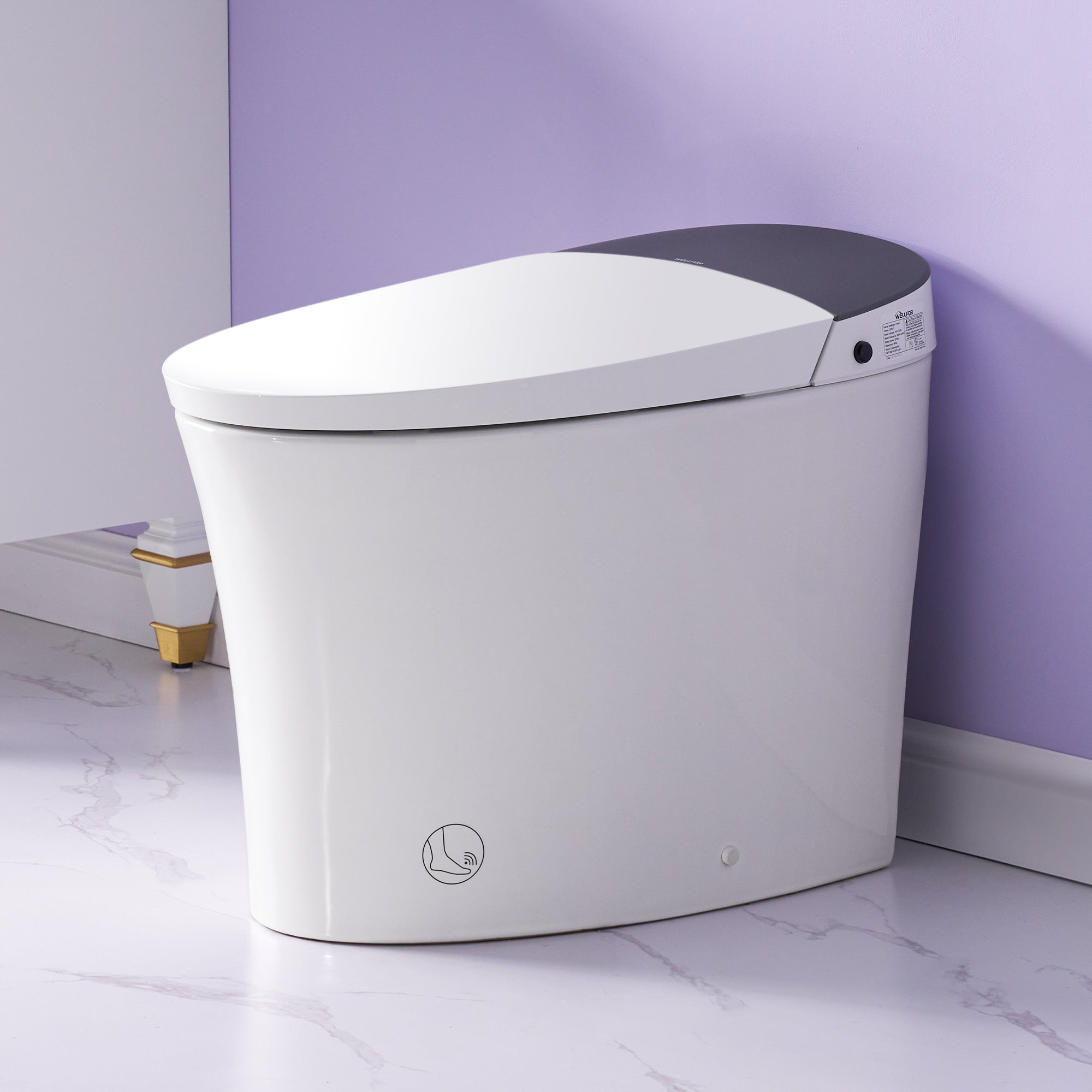
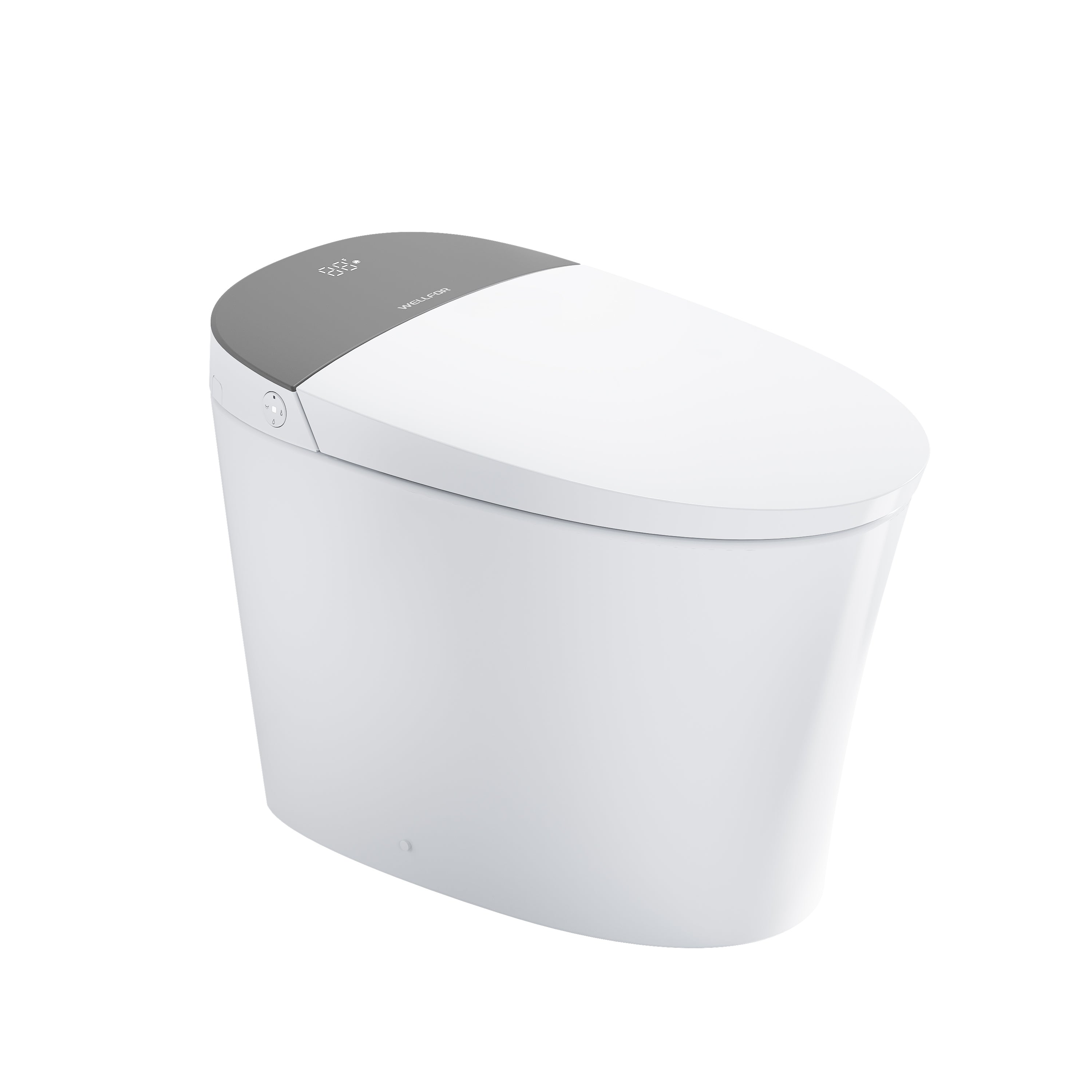
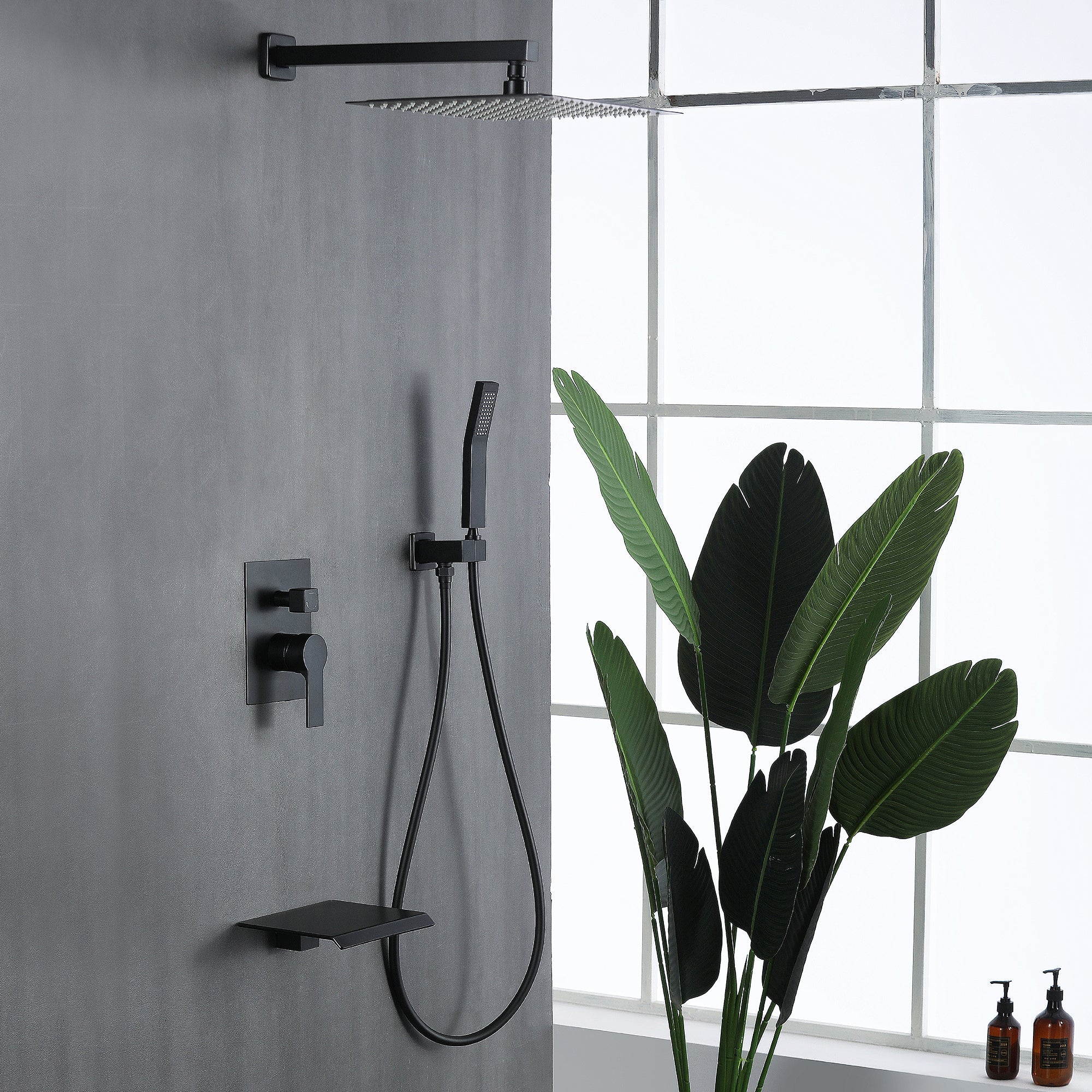
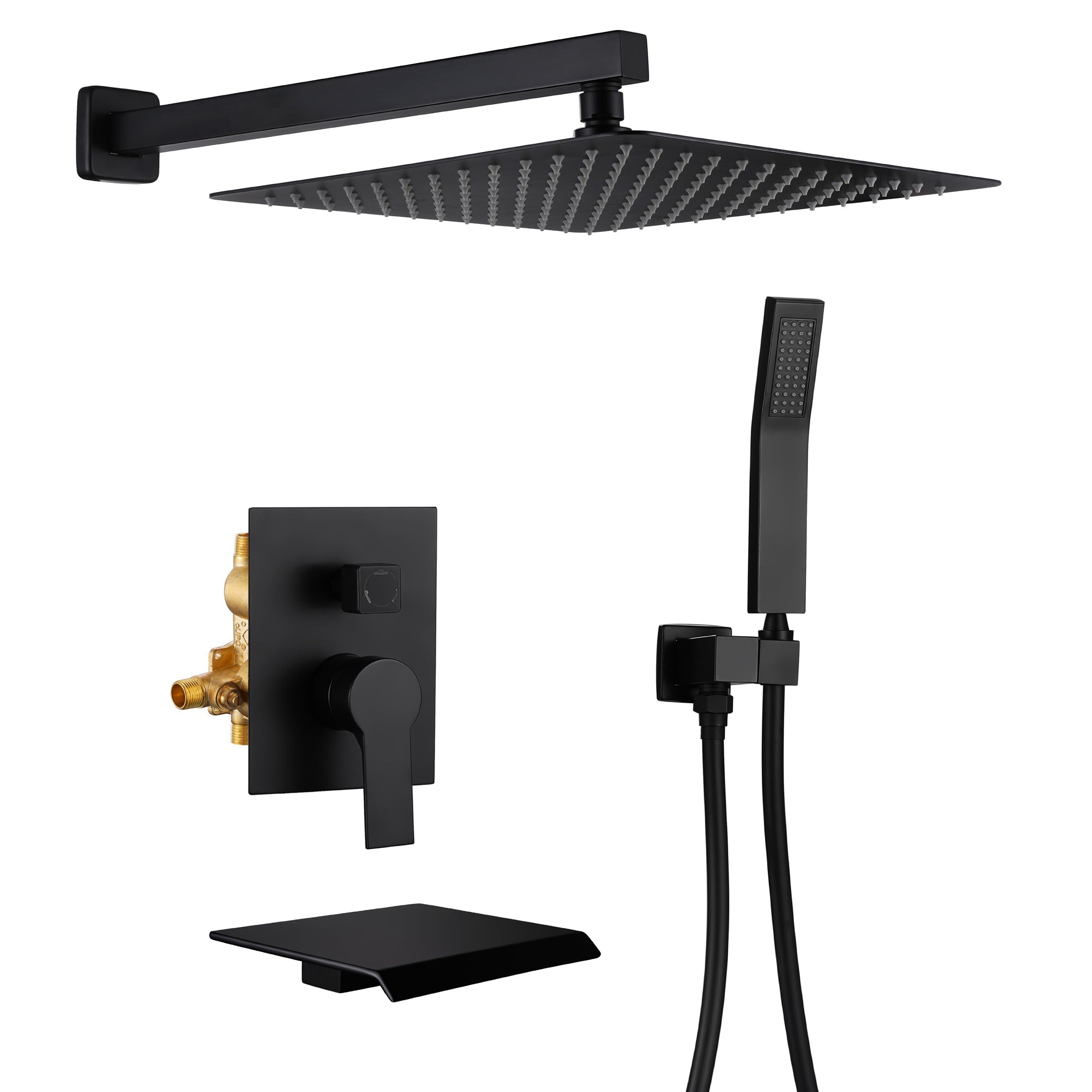
Leave a comment
This site is protected by hCaptcha and the hCaptcha Privacy Policy and Terms of Service apply.